
Anjali Agarwal
2024
Anjali Agarwal is a Machine Learning PhD student in Dr. Chethan Pandarinath’s lab. She completed her undergraduate degree in Electrical Engineering from Indian Institute of Technology, Palakkad in 2020. She is currently working on studying the impact of high channel count recordings on the efficacy of dynamics modeling.

Sana Aminnaji
2024
Sana is a graduate student at the Georgia Tech starting Fall 2024 in the Quantitative Biosciences Ph.D. program. Her research interest is cognitive and computational neuroscience, and currently she is working in Najafi Lab, under Farzaneh Najafi supervision on predictive processing. Before Ph.D, she completed her Bachelor’s degree in Electrical Engineering majoring in bioelectronics at Sharif University of Technology, Iran. She plans to become a researcher and hopefully work on novel areas of learning in neuroscience.

Van Duong
2024
Van Duong graduated from Michigan State University in 2023 with a BS in Mechanical Engineering with a concentration in Biomedical Engineering. Van is now a GT/Emory BMED PhD student in Dr. Svjetlana Miocinovic’s lab. His research interest is uncovering the parkinsonism-related changes in cortical activity in response inhibition task.

Yuji Han
2024
Yuji completed her B.S. in Biomedical Engineering at Huazhong University of Science and Technology in China, and her M.S. in Bioengineering at the University of Pennsylvania. During her studies, she was broadly interested in neuroscience, exploring the neural basis of cognition and perception through the application of brain stimulation and neurophysiological methods. Her master’s thesis focuses on investigating the modulatory effects of tACS on working memory-related power change and network functional connectivity. Currently, Yuji is pursuing PhD in Joint Georgia Tech & Emory University Biomedical Engineering Program under Dr. Svjetlana Miocinovic’s Lab. Her interest field lies between motor movement disorder and close-loop neuromodulation where her current research focuses on identifying the best biomarker for dystonia and close-loop deep brain stimulation.

Yicong Huang
2024
Yicong is a graduate student at the Georgia Institute of Technology starting in Fall 2023 in the joint GT/Emory Biomedical Engineering Ph.D. program. My research interest is computational neuroscience focusing on the neural mechanisms of learning and memory. I use predictive processing to study neural circuit dynamic communication during learning in Farzaneh Najafi lab. Before the Ph.D. program, I earned a Master of Computer Science at Georgia Tech and a Master of Engineering at South China University of Technology, Guangzhou, China. I completed my Bachelor’s degree in Intelligence Science and Technology at Xidian University, China. I plan to be an independent researcher and contribute to the understanding of the amazing brain.

Xinyi Jiang
2024
Xinyi (Jemma) Jiang graduated from Emory University in 2024 with a B.S. in Neuroscience & Behavioral Biology. During undergrad, she worked in a glaucoma lab with Dr. Andrew Feola, specifically focused on the effect of surgical menopause on gene expression changes in retinal ganglion cells and astrocytes. She also worked as a summer undergrad research fellow at the Mayo Clinic with Dr. Nathan LeBrasseur in cellular senescence. Currently, she is pursuing her Ph.D. at the GT/Emory joint Biomedical Engineering program under the guidance of Dr. Annabelle Singer. Jemma’s research interest lies in understanding the effects of microglia depletion on spatial learning mechanisms in healthy and Alzheimer’s disease models, including hippocampal neuron activity and transcriptomic analysis.
Emily Smith
2024

Xavier Velez
2024
Xavier graduated from the University of Florida in 2024 with a B.S. in Electrical Engineering. In undergrad, he worked in a neuropsych lab studying the effects of transcutaneous vagus nerve stimulation on learning and memory in healthy older adults. He is now an Electrical Engineering Ph.D. student at Georgia Tech with interests in signal processing and machine learning for the purpose of creating objective diagnostics and treatments for mental health disorders, namely anxiety and depression. Xavier aims to elucidate the neural mechanisms of mental health through multi-modal sensing.
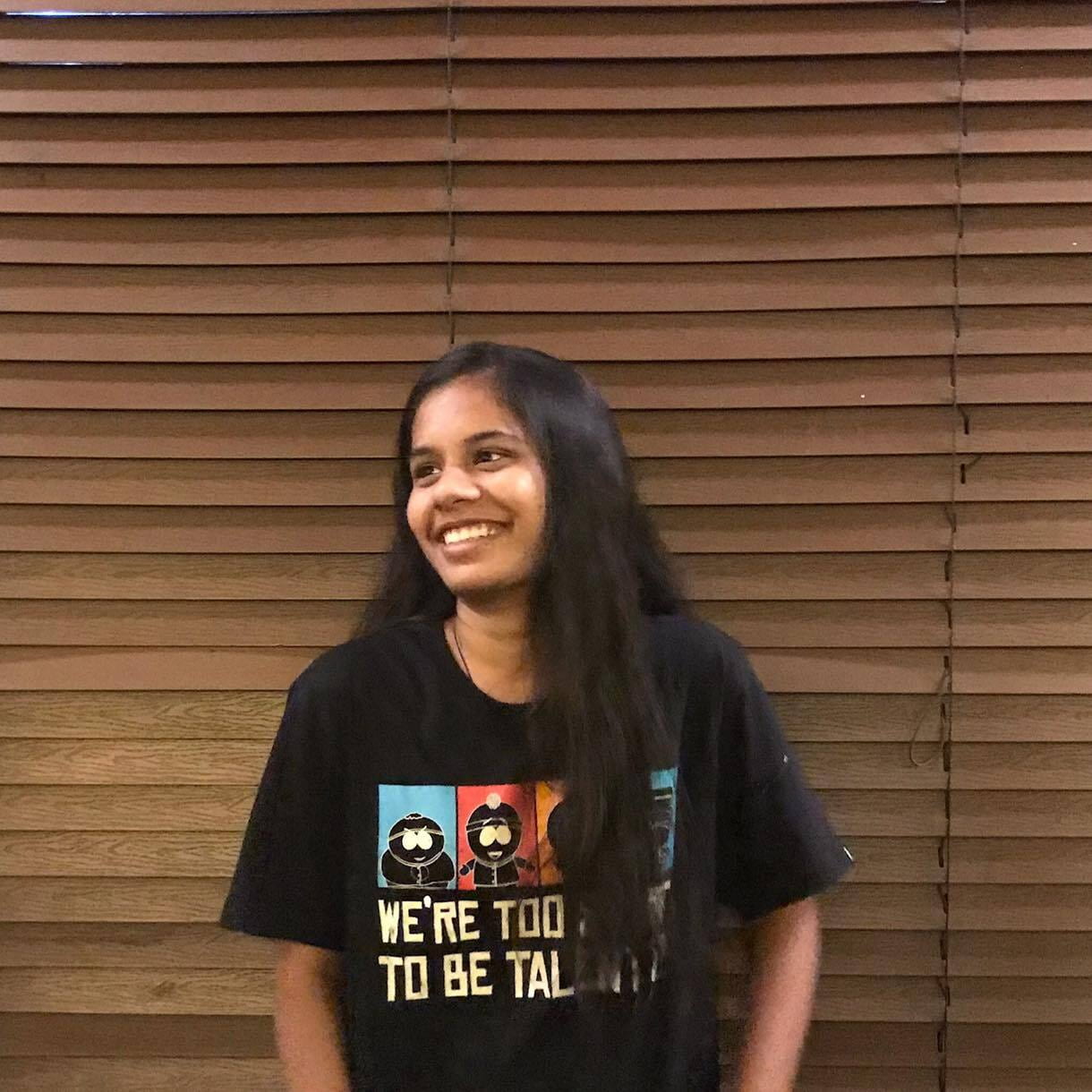
Divyansha Lachi
2023
Divyansha is a PhD student in Prof. Eva Dyer’s lab. She received her B.Tech in Computer Science and Engineering from the National Institute of Technology, Silchar, India. She is broadly interested in understanding biological intelligence to build better artificial intelligence. She wants to understand how the brain can robustly learn from just a handful of examples and develop machine-learning models capable of the same. To this end, some of her current interests include incorporating modularity in artificial neural networks (ANN) for functional specialization and improving Graph Neural Networks (GNN) by incorporating topological features of the brain (like long-range transmission).
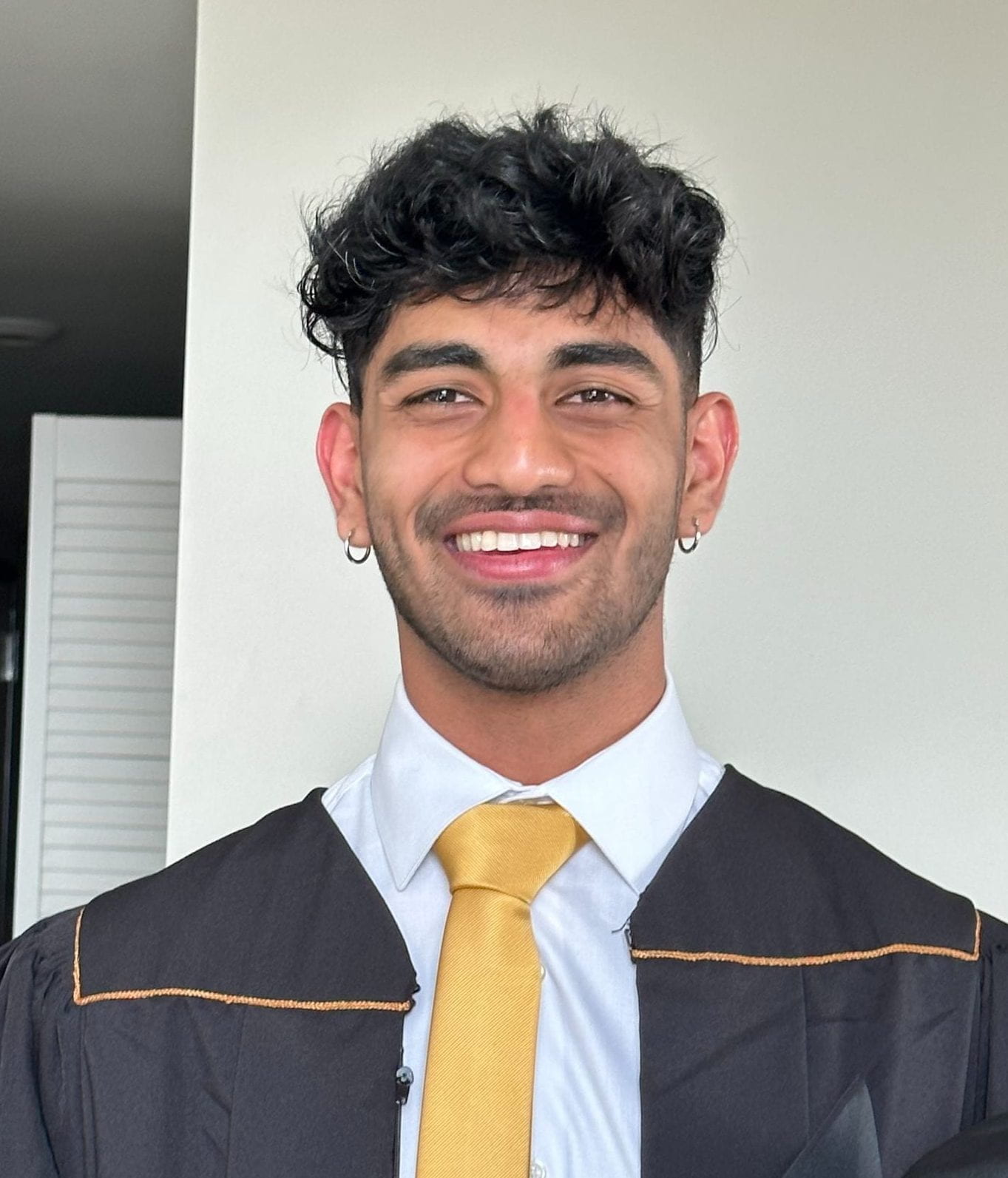
Nathan Govindarajan
2023
Nathan Govindarajan is in the Machine Learning PhD program. He graduated in 2019 from Purdue University in Computer Engineering. He is jointly advised by Chethan Pandarinath and Nick Au Yong. His project involves modeling the dynamics of the spinal cord.
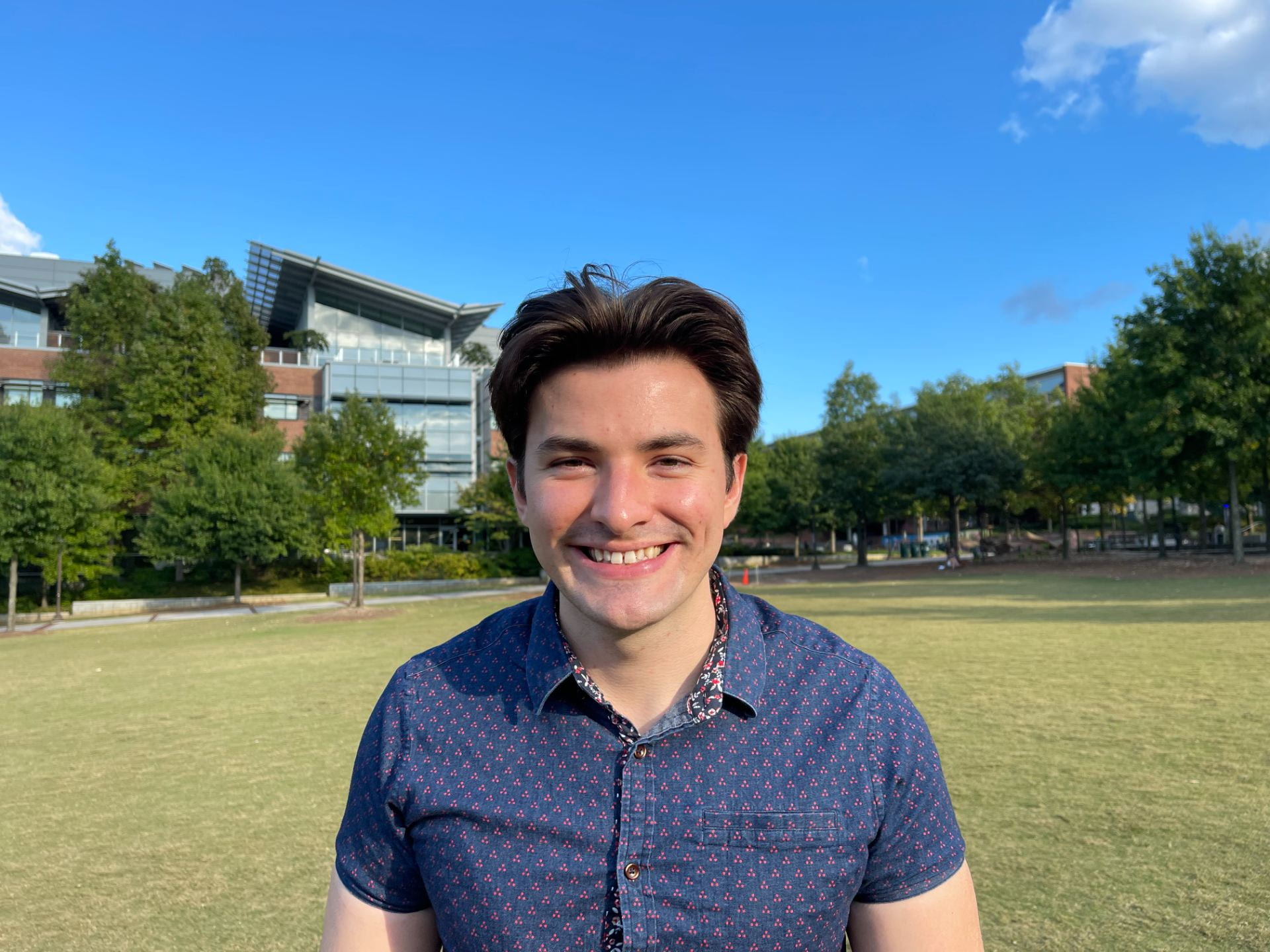
Tiernon Riesenmy
2023
Tiernon graduated from the University of Kansas in 2021 with a B.S. in Computer Science and a B.A. in Mathematics. He completed his M.S. in Statistics and Data Science at Yale University where he worked in the Gerstein Lab developing a scRNA-seq data processing pipeline for analyzing human brain samples. He is a Machine Learning Ph.D. student in Dr. Jeffrey Markowitz’s lab where he works on time series modeling of mouse movement. Tiernon is broadly interested in developing computational models of human brain behavior and uncovering the mechanisms behind neurodegenerative diseases.

Collette Thomas
2023
Collette completed her B.S. in Biomedical Engineering, specializing in electrical engineering, from the University of Miami in 2023. During her studies, she worked with the Miami Project to Cure Paralysis, investigating ways to improve neuroplasticity in rats with spinal cord injuries undergoing rehabilitation in addition to looking at the formation of new neural circuits in mice brain scan.
She also contributed to research at the Miller School of Medicine and the Chemical and Molecular Engineering Department, working on projects related to SARS-CoV-2 wastewater surveillance and dust ingestion analysis. Her outstanding work earned her recognition and an award for the best undergraduate poster at a scientific conference along with presentations at multiple scientific conferences.
Collette gained further experience as an intern at the Novartis Institute for Biomedical Research, focusing on early-phase clinical trials in translational medicine and clinical oncology. One of her significant undergraduate projects included developing a combined at-home cervical cancer and HPV screening kit for underrepresented minority women, in partnership with medical professionals at the Miller School of Medicine.
Currently, Collette is a joint Ph.D. student at Georgia Tech and Emory University. Under the guidance of Dr. Annabelle Singer, her research will focus on the activity of hippocampal interneurons in an Alzheimer’s disease model. Collette’s current interest lies in the field of neurotechnology, exploring its practical applications in clinical settings to address neurological disorders.
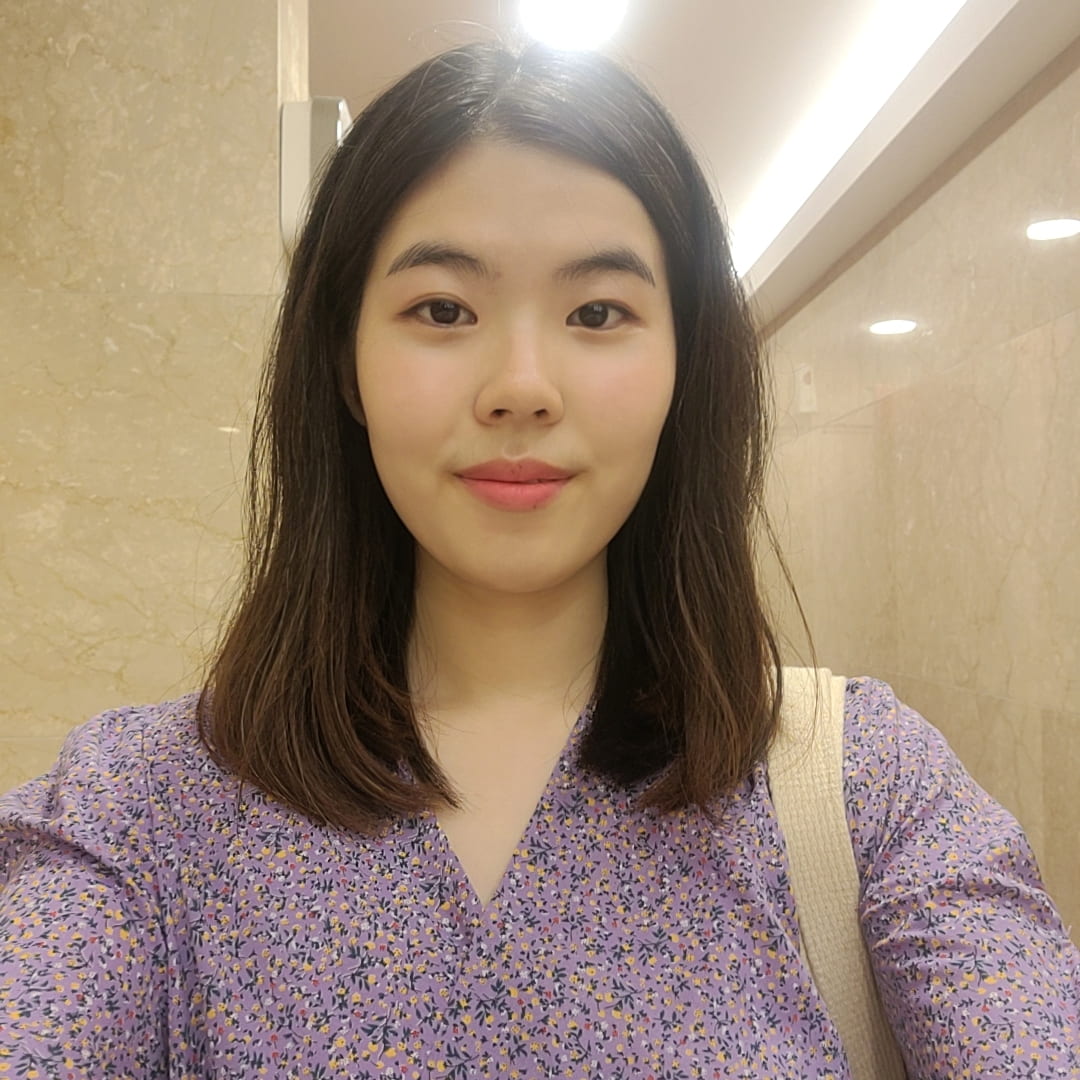
Jisoo Ha
2023
Jisoo Ha graduated from Hanyang University with a B.S. in Biomedical Engineering and an M.S. in HY-KIST Bio-Convergence. Her Master’s thesis under Dr. Chang-Hwan Im focused on developing a hybrid brain-computer interface for virtual reality applications using steady-state visual evoked potential and electrooculogram-based eye tracking. She is currently pursuing her Ph.D. at GT/Emory joint Biomedical Engineering program under the guidance of Dr. Garrett Stanley. Jisoo’s research interests lie in understanding the mechanisms underlying sensorimotor signaling and decision-making using computational methods, including machine learning, and applying these findings to the field of neuroprosthetics.
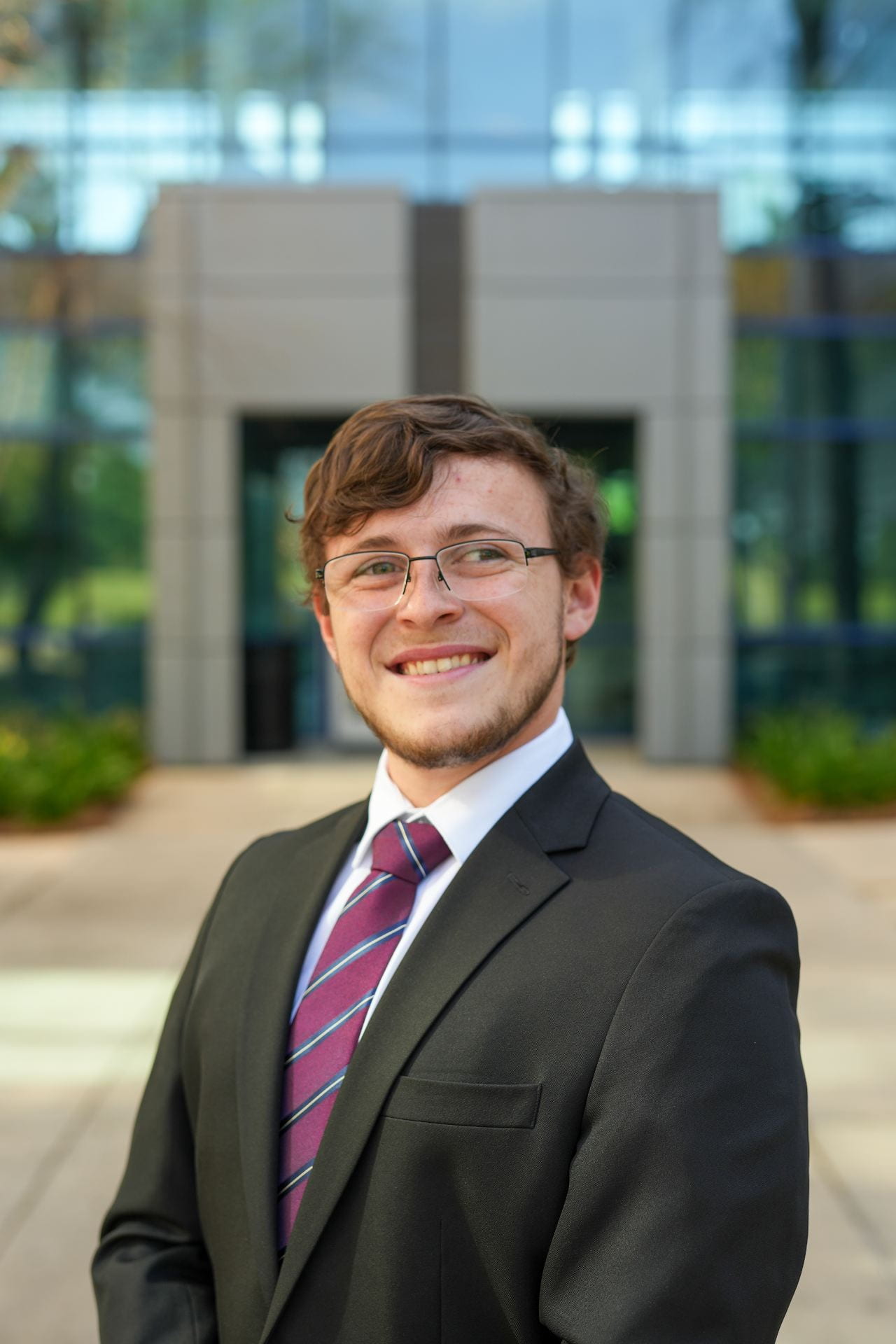
Ethan Corey
2023
Ethan graduated from Florida State University in 2023 with a B.S. in Biomedical Engineering. In undergrad, he worked in an organic polymer laboratory under Dr. Justin Kennemur synthesizing and characterizing novel densely grafted polymers. Over the summer of 2021, Ethan worked under Dr. Chethan Pandarinath in training rats to reliably supinate a knob while developing and brainstorming improvements to the task for future intramuscular recording. Now, Ethan is working towards his Ph.D. in Biomedical Engineering and is currently co-advised by Drs. Sam Sober and Lena Ting to record electrical activity inside human muscles using the electrode arrays developed by the Sober Lab.
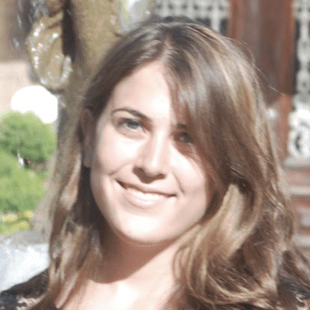
Lauren Lang
2023
Lauren Lang received her master’s degree in biomedical engineering from Northwestern University, as well as her bachelors in the Integrated Science Program and neuroscience. Throughout her undergraduate and master’s research, she worked to establish a revision to the mathematical counting of independent measurements in 2D electrical impedance tomography, a statistical model for spatiotemporal activity in the brain, and validate a model for auditory hallucinations. As a student in Dr. Gordon Berman’s laboratory, she is working towards quantifying the success of social interactions between parents and infants to highlight potential methods of early detection of autism spectrum disorder in infancy. Broadly, she is interested in computational psychiatry as well as the myriad of ethical implications therein.
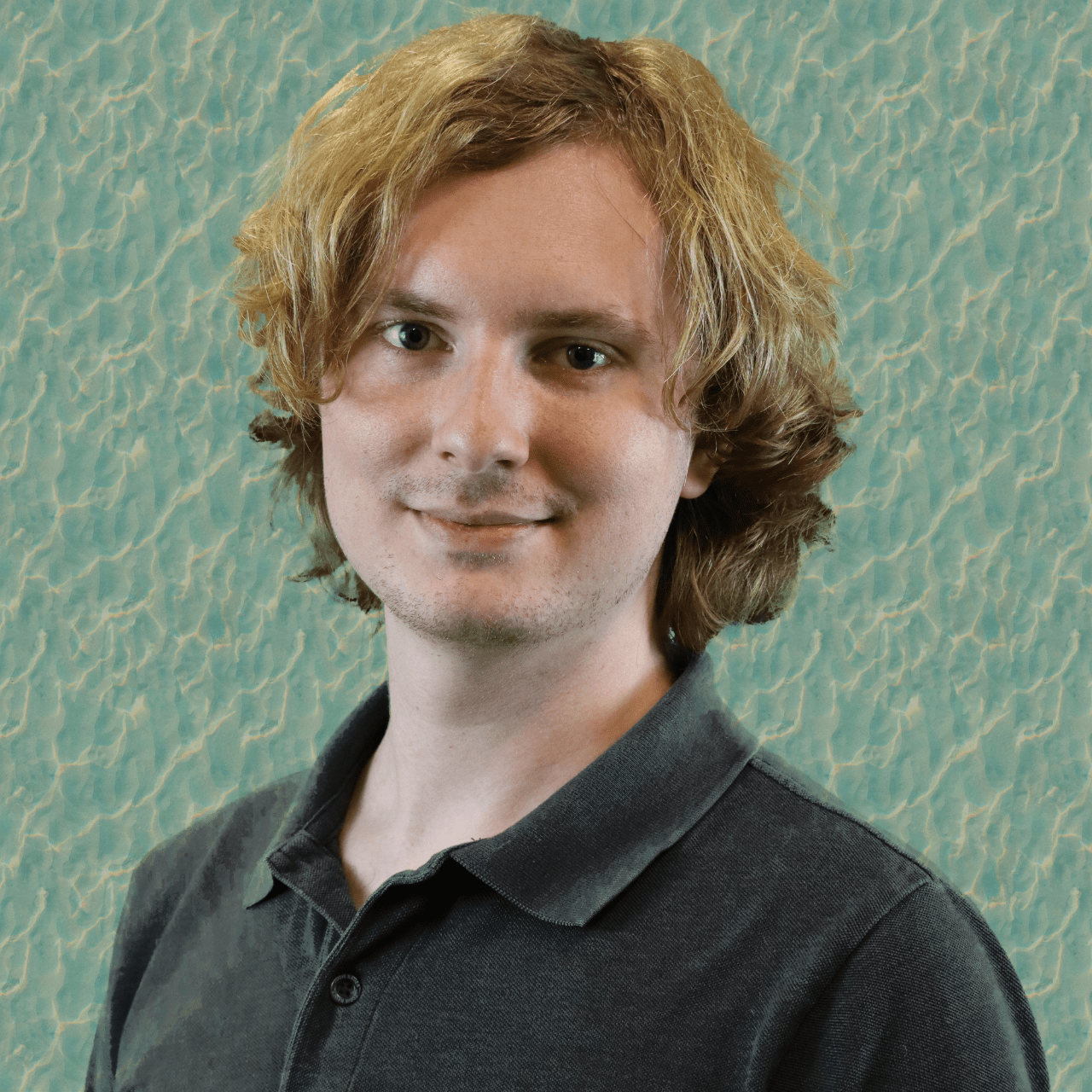
Lucas Williamson
2023
Lucas graduated from Centre College in 2022 with a degree in behavioral neuroscience and computer science. During undergrad, he used machine learning to study electroencephalography as a potential biomarker for concussion in student athletes. He is now a Ph.D. student at Emory University’s neuroscience graduate program and is jointly mentored by Chris Rodgers and Gordon Berman. His current research focuses on studying how populations of neurons in the motor cortex coordinate whole-body movement in freely behaving mice using a combination of markerless 3D tracking, wireless in vivo tetrode electrophysiology, and modeling latent patterns of neural activity across behavioral contexts using simultaneous dimensionality reduction.
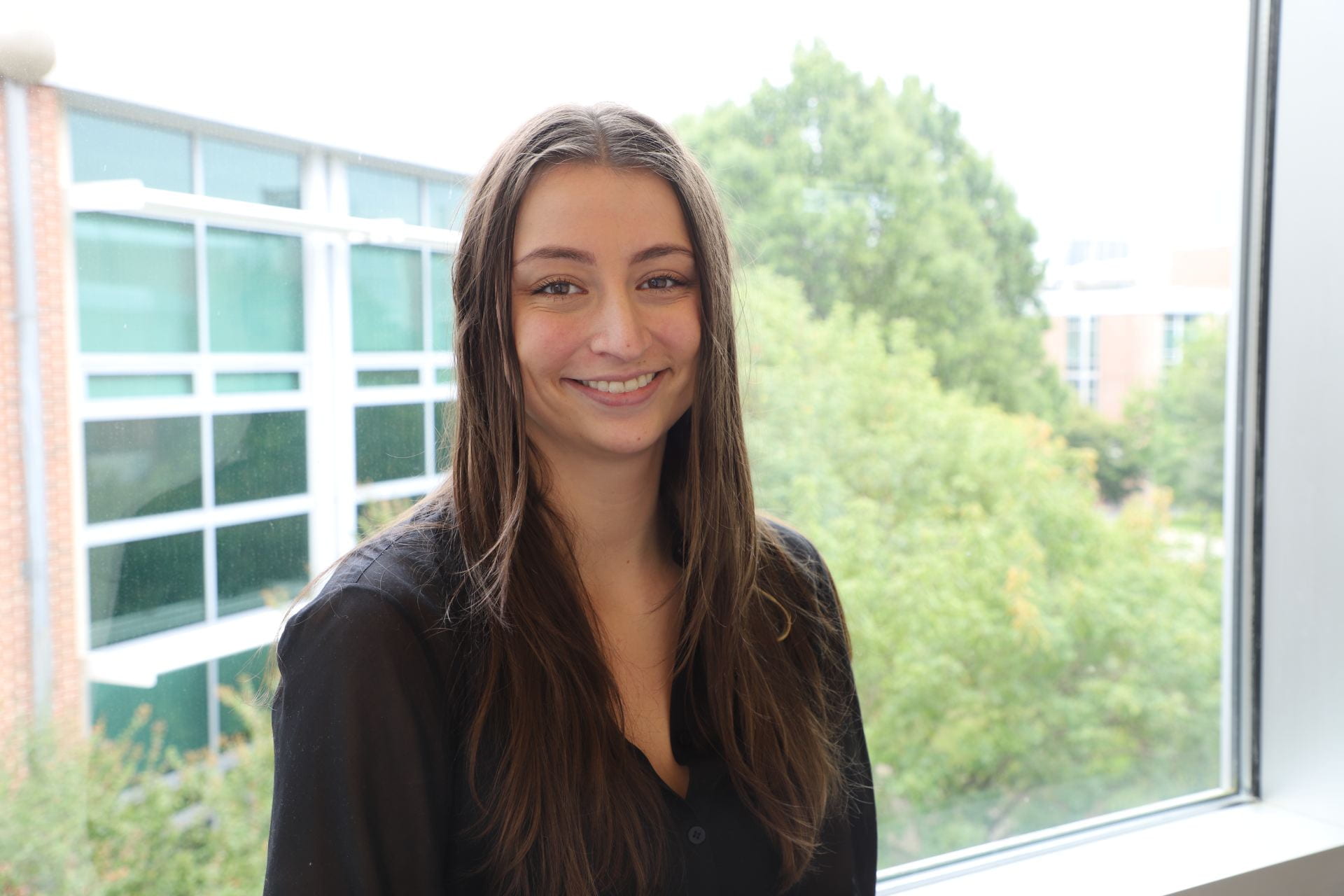
KC Jacobson
2022
KC graduated from the Georgia Institute of Technology in 2020 with a BS in Chemical and Biomolecular Engineering and a minor in Biomedical Engineering. While in undergrad, she explored how monomers available on prebiotic earth self-assemble and evolve into present-day proteins and RNA. She returned to Georgia Tech to pursue a PhD in BioEngineering, with the overall goal of applying her biochemistry experience to medical application and disease models. Currently, she works in Dr. Bilal Haider’s lab researching how cross-cortical neural circuit activity generates sensory perception and action. Her current project focuses on elucidating the neural mechanisms of impaired sensory processing in a human-relevant mouse model of autism spectrum disorder.

Zachary Mobille
2022
Zach earned a B.S. in physics in 2019 and an M.S. in biomathematics in 2021, both from Illinois State University. During his undergraduate research, he studied the Hodgkin-Huxley model in the context of astrocyte-mediated synaptic interactions. His senior research project culminated in the creation of an electronic circuit that qualitatively captures the main features of the Hodgkin-Huxley single neuron model. For his master’s thesis, he used mathematical models to study the biophysical mechanisms of the single neuron underlying thermotaxis in Caenorhabditis elegans. At Georgia Tech, he currently works in Hannah Choi’s mathematical neuroscience group. He is broadly interested in how convergent-divergent network structures combine and interact with the nonlinear dynamics of their units to optimize information processing, especially in the context of vision.
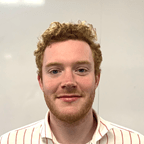
Eloy Geenjaar
2022
Eloy graduated with a double Master’s degree in Biomedical Engineering and Embedded Systems from the Delft University of Technology in the summer of 2021. While pursuing an Industrial Design Engineering undergrad at the TU Delft in the Netherlands, he minored in medicine at the Erasmus Medical Center Rotterdam and started researching neurodevelopmental disorders under the supervision of Dr. Tonya White. At Georgia Tech, Prof. Dr. Vince Calhoun supervises his Ph.D., where he focuses on understanding the multimodal macro-scale dynamics of the human brain using deep learning. Through his research, he hopes to empower psychiatric clinicians with quantitative measures to complement and inform therapy sessions.
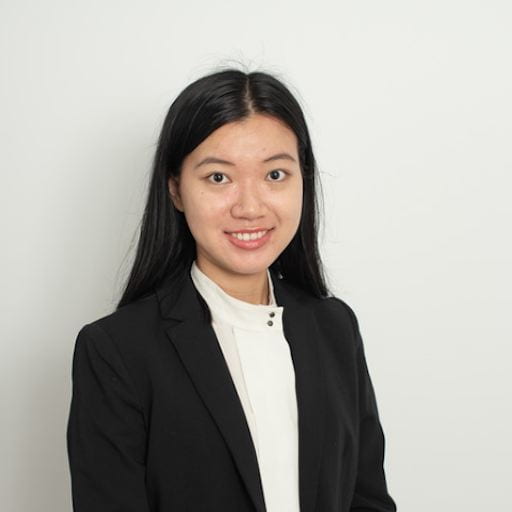
Xinhui Li
2022
Xinhui is a PhD student in Electrical and Computer Engineering at Georgia Tech. Working with Dr. Vince Calhoun at TReNDS Center, she is developing a multidataset analysis framework encompassing multiple nonlinear latent variable models to identify and predict linked biomarkers from multimodal neuroimaging datasets. She aims to understand the principles of information processing in the nervous system from multimodal neuroimaging, in the hope of developing human-like intelligent algorithms and building energy-efficient neuromorphic machines. Previously, she received a M.S. in Biomedical Engineering from Columbia University and a M.S. in Computer and Information Technology from the University of Pennsylvania. She also worked as a research engineer at Child Mind Institute where she developed a software toolbox C-PAC for fMRI preprocessing and analysis.
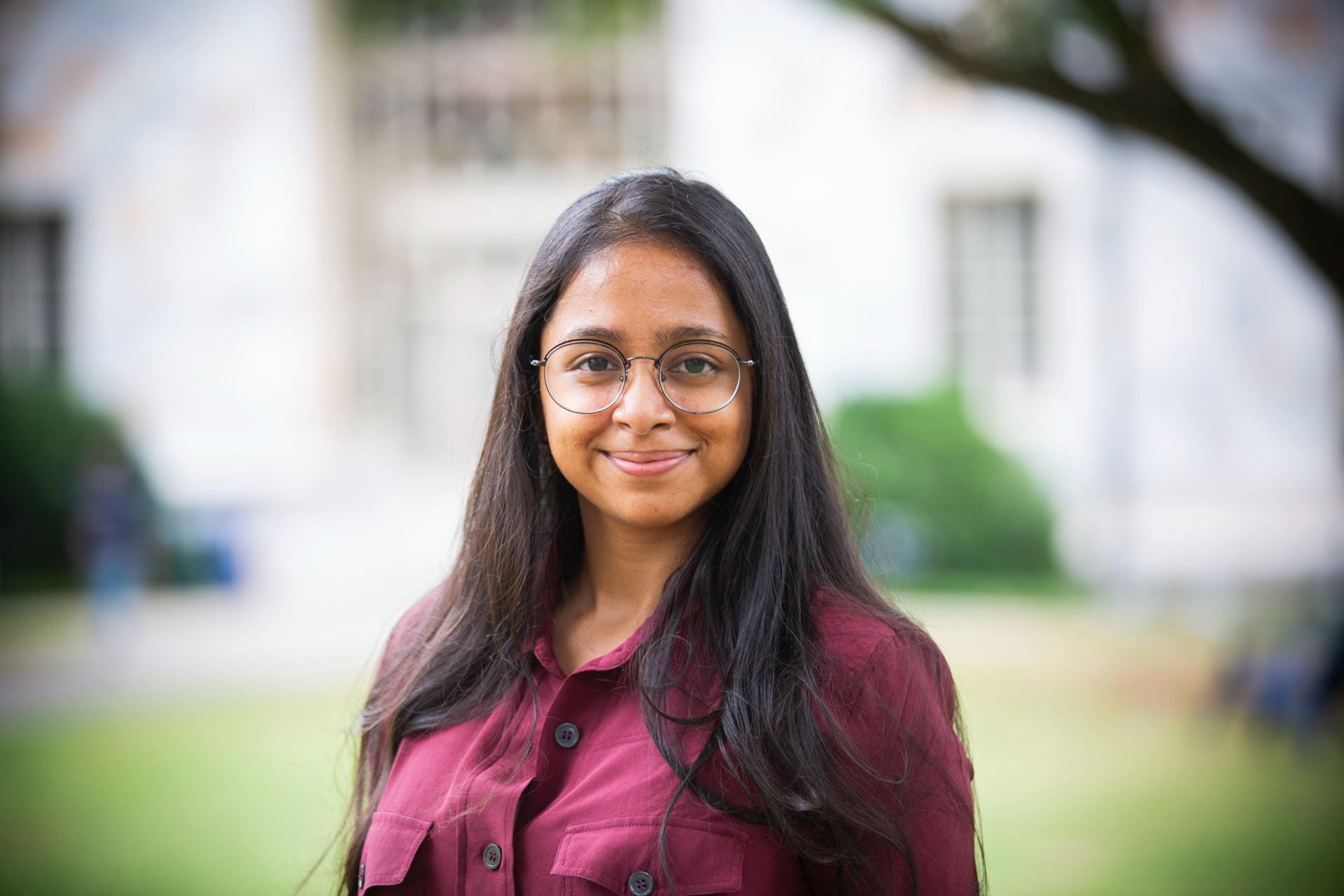
Hymavathy Balasubramanian
2022
Hymavathy Balasubramanian is a first year graduate student in the neuroscience program at Emory. She is the recipent of the George W Woodruff Fellowship from the Laney graduate school and a Simon-Emory Fellowship in Computational Neuroscience from the neuroscience graduate program at Emory.
Hyma has an undergraduate degree is biomedical engineering from India, and a master’s in Computational Neuroscience from the Bernstein Centre of Computational Neuroscience, Berlin, Germany. Her research interests are aligned towards understanding the neural computations underlying sensory behaviour, and how communication is mediated between different cortical and subcortical representations of the sensory stimuli in the brain.
Currently, Hyma is exploring labs across Emory and Georgia tech working on wide array of research topics to find her dissertation thesis lab.
Outside of research, she is keen on participating in endeavours encouraging international students in the US and is motivated to support them in their transition to the US graduate school experience.
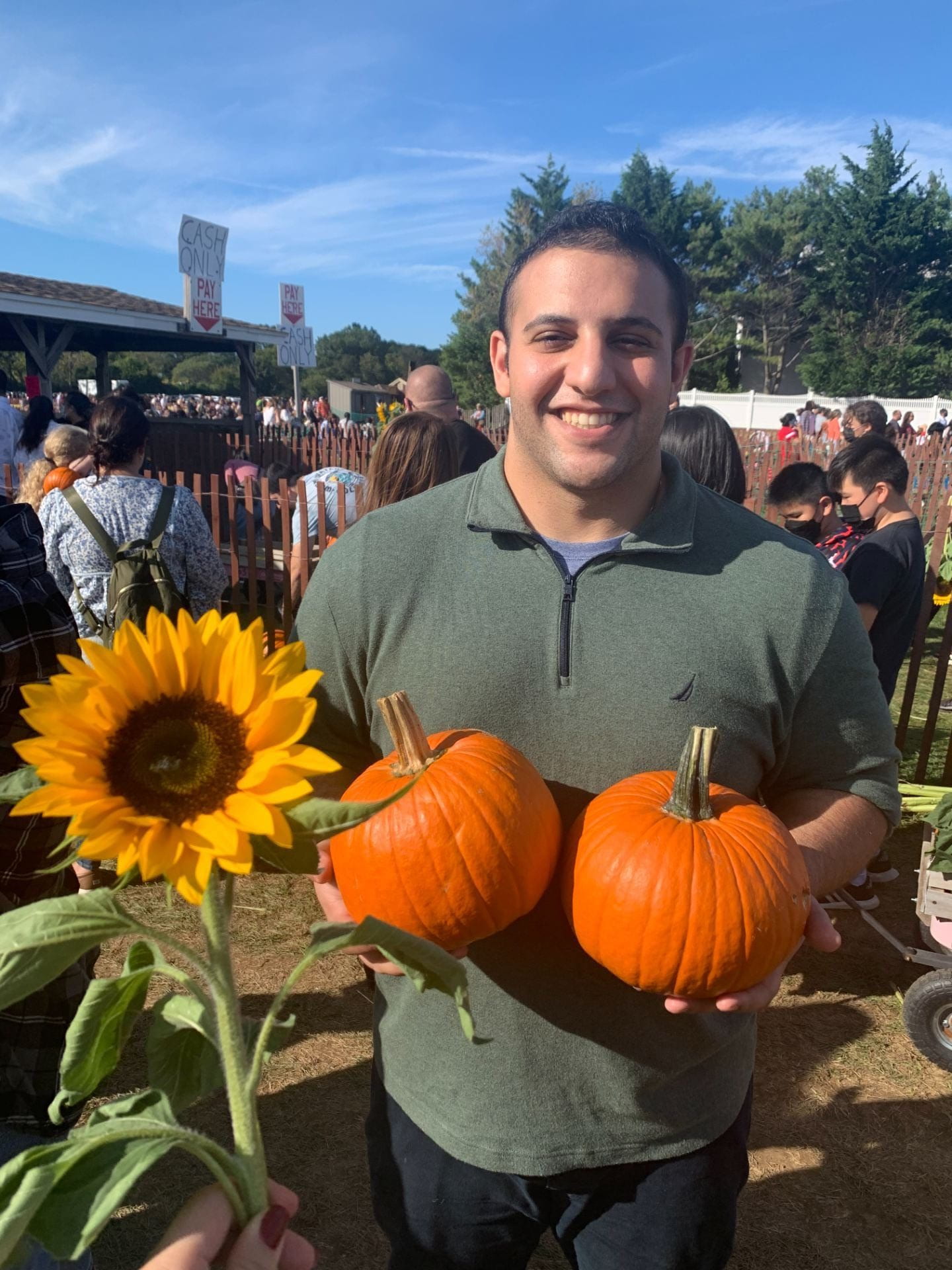
Jacob Rayyan
2022
Jacob is a second year BME Student in Dr. Svjetlana Miocinovic’s Lab studying the effects of deep brain stimulation (DBS) on behavioral task response times in patients with Parkinson’s Disease in the OR. He graduated with a BS in Biomedical Engineering from Case Western Reserve University and a MS in Neurobiology from Northwestern University.
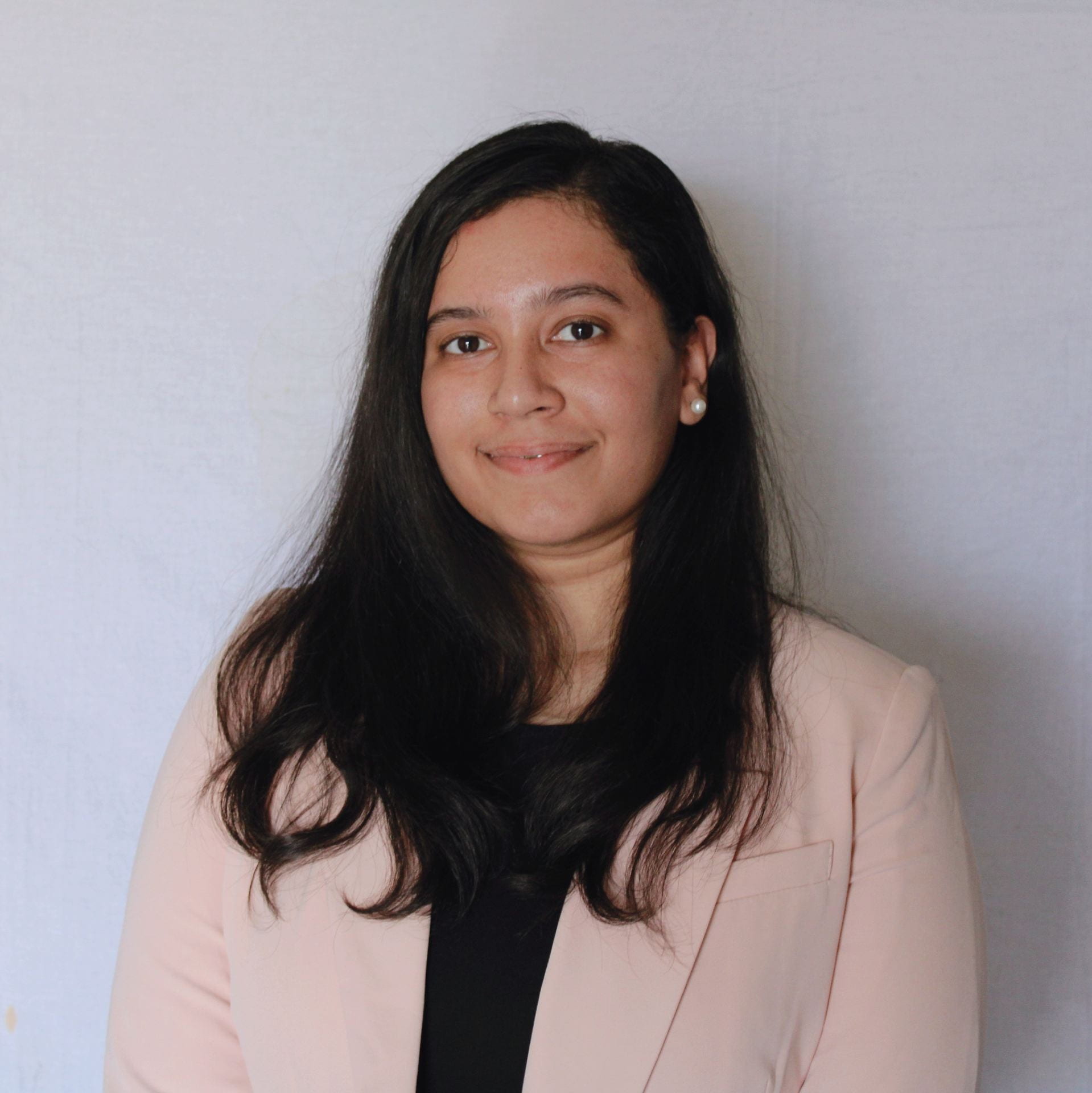
Vaibhavi Itkyal
2022
Vaibhavi is an Indian student who graduated with Bachelor’s and Master’s from Indian Institute of Technology, Chennai (India). Her Master’s thesis was jointly advised by Dr. Markus Barth (University of Queensland, Australia) and Dr. Ganapathy Krishnamurthi (IIT Chennai). She is currently pursuing her PhD at Emory University in Neuroscience under the guidance of Dr. Vince Calhoun. Her research interests majorly lie along using different modalities from neuroimaging datasets (sMRI, fMRI), by using deep learning, computational neuroscience and data fusion approaches. She is passionate about solving problems related to the neuropsychiatric and neurodevelopmental disorders to hopefully have computational tools and models which would be clinically relevant.
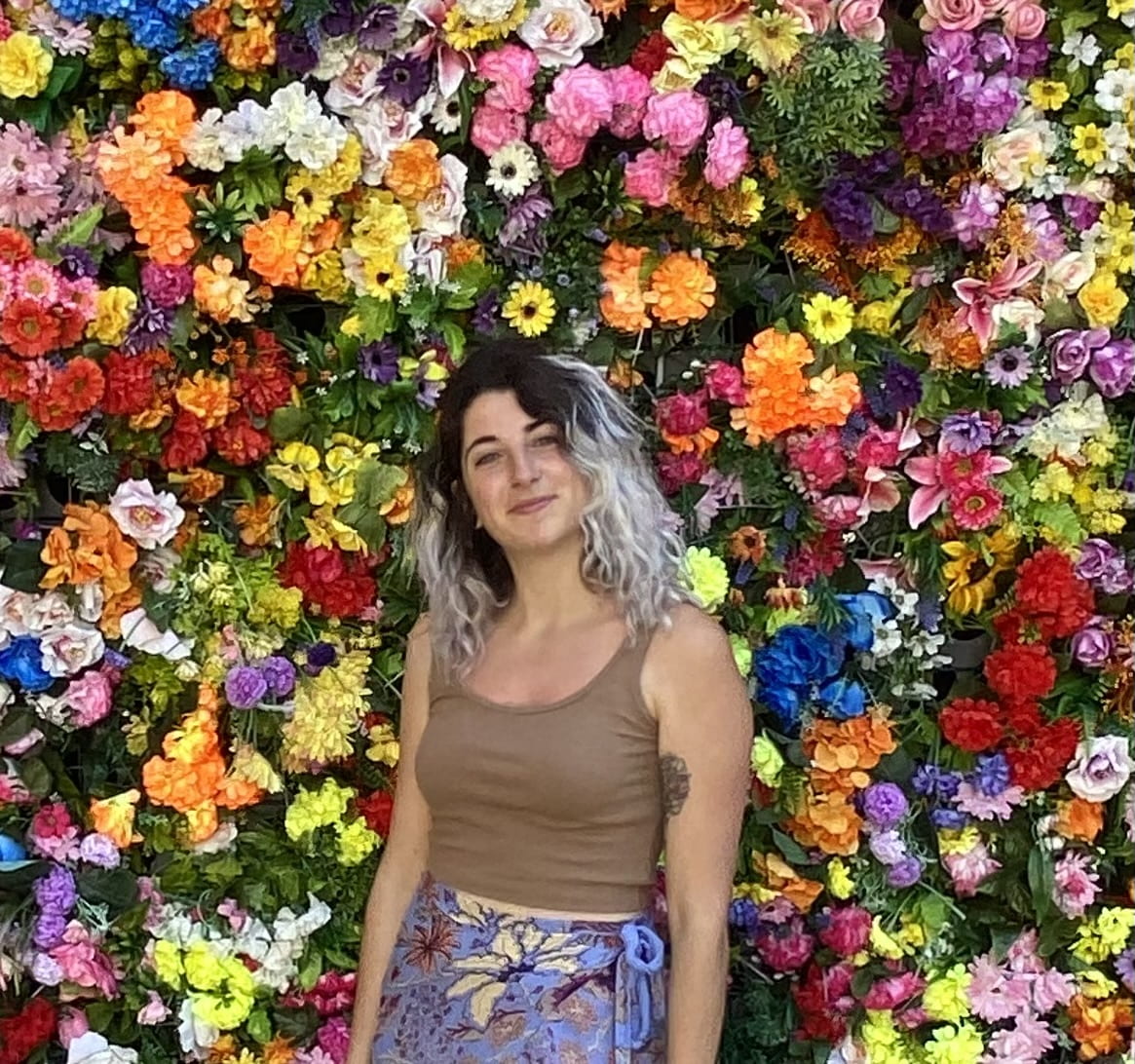
Eva Martinez Luque
2022
Eva (she/her) is a Biomedical Engineering Ph.D. student at Georgia Tech/Emory’s joint BME Ph.D program. She is a “la Caixa” fellow and the recipient of the Andy Zebrowitz Brain Research Award. Working in Dr. Fleischer’s lab, she is interested in the intersection between Magnetic Resonance Imaging and machine learning, and its applications in the field of mental disorders. Eva graduated with a BS in Biomedical Engineering from the University Carlos III of Madrid, Spain, in 2021. During her time as an undergraduate, she worked as a full-time research intern in Dr. LaPlaca’s Translational Neurotrauma Laboratory, where she was the principal researcher of a project that aimed to develop an animal model to understand the effect of chronic stress and high-fat diet on traumatic brain injury outcome.
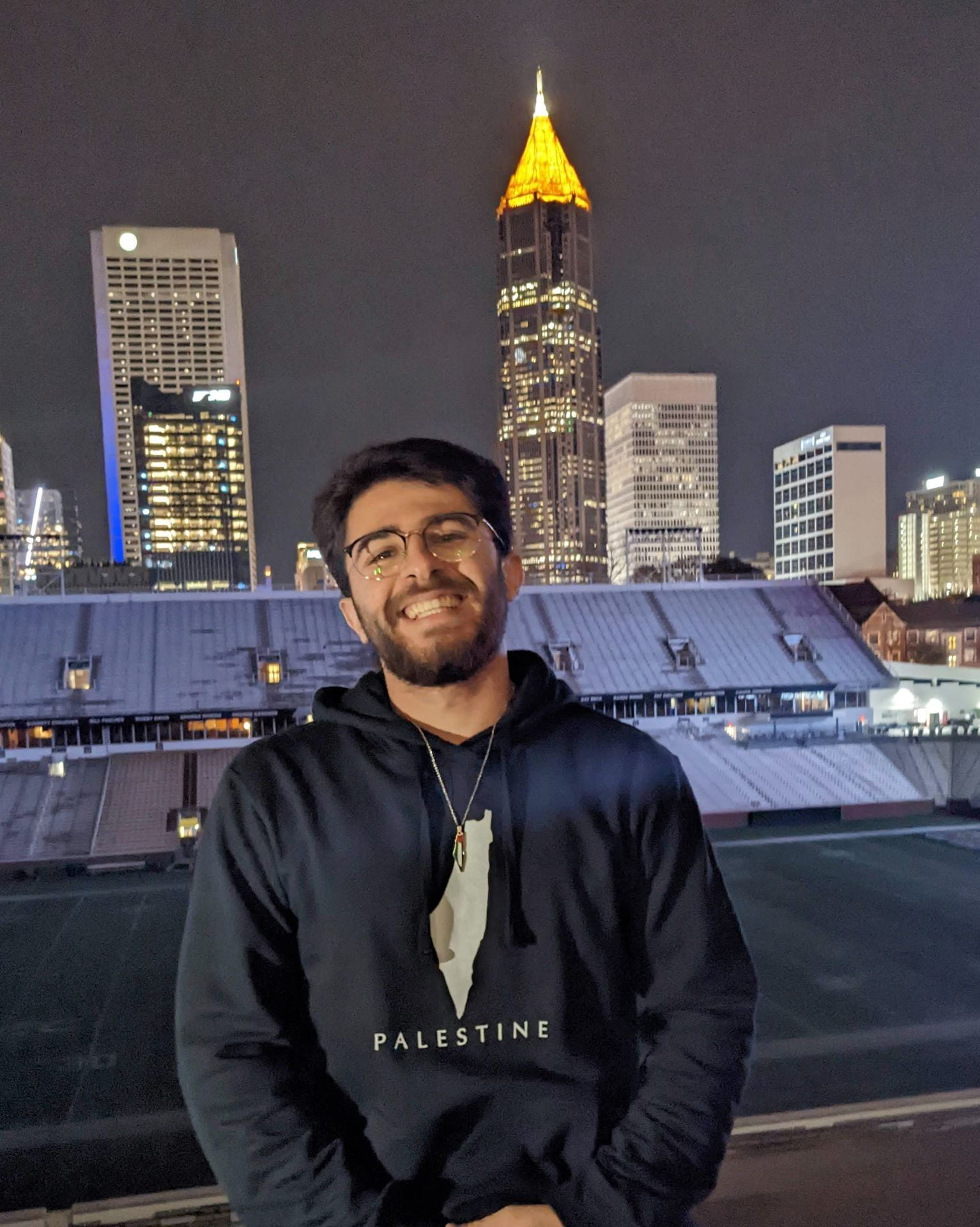
Ahmad Abdal Qader
2022
Ahmad was born and raised in a Palestinian refugee camp in Lebanon before travelling to continue his studies abroad. He graduated from the University of Rochester with a B.S. in Biomedical Engineering in 2022. Ahmad is currently working jointly with Dr. Chethan Pandarinath and Dr. Ellen Hess. The overarching goal of his research is to uncover the underlying neural mechanisms and signatures responsible for dystonia and hyperkinetic disorders at the level of the basal ganglia. His research is motivated by studying striatal circuits through the lens of dynamical systems by leveraging machine learning approaches applied to calcium imaging analysis.

Xiao Zheng
2022
Xiao earned a B.S. in Bioinformatics from Zhejiang University in China. During her undergraduate study, she used deep learning to predict the DNA 3D structures with epigenetic sequences. At Georgia Tech, she works in Annabelle Singer’s lab as a Ph.D. student, hoping to transfer her computational skills to neuroscience. Currently her research is focused on the role of hippocampal interneurons in memory and Alzheimer’s disease.
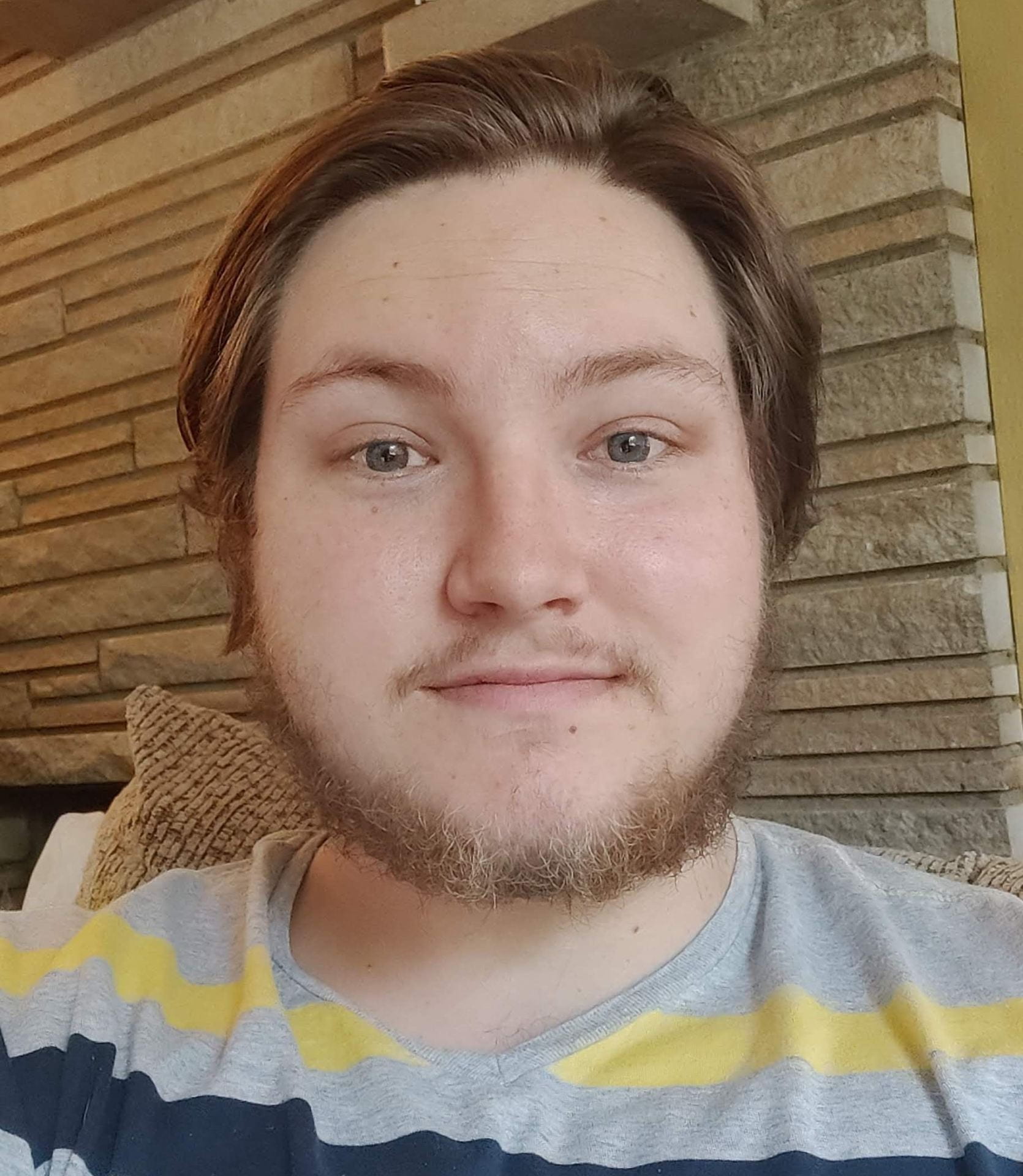
Michael Hess
2022
Michael is a second-year student in the Neuroscience program at Emory working with Dr. Gordon Berman. He graduated from Claremont McKenna College in 2021 with a B.A. in computational neuroscience and a minor in scientific modeling. His senior thesis investigated roles of non-linearity in activation functions in a biologically inspired machine learning algorithm. He is a member of the Simons-Emory International Consortium on Motor Control. In his doctoral thesis research, he studies cerebellar mechanisms underlying dynamical stability and balance while walking by using Floquet stability analysis on data-driven models of gait dynamics.
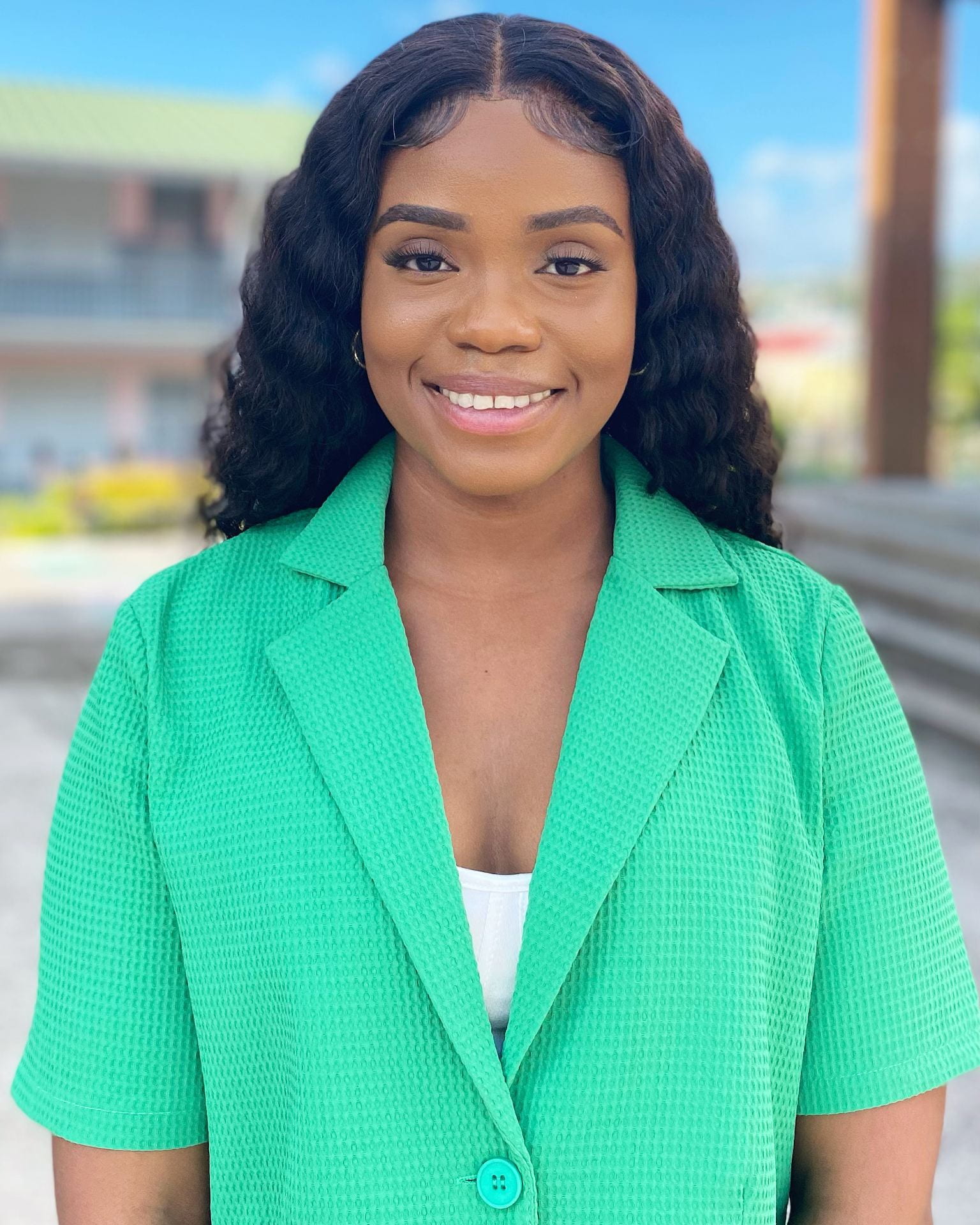
Danielle Dowe
2022
Danielle is a Dominican student who graduated with a B.S. in Biology and Chemistry from Midwestern State University. During her undergraduate career, she investigated the efficacy of membrane protein chaperones in the inhibition of amyloid-β–induced neurotoxicity, a well-known risk factor of Alzheimer’s Disease. She then took on a new role as a Research Associate at Rockefeller University, where she studied the time course of cell-type-specific disease mechanisms in brain structures most strongly impacted in Huntington’s Disease, specifically the striatum and basal ganglia. Danielle is now pursuing a Ph.D. in Biomedical Engineering at Georgia Tech and Emory University. She is currently a member of the Fong lab, where her research interests are centered around understanding the plasticity mechanisms that govern neuro-visual recovery.
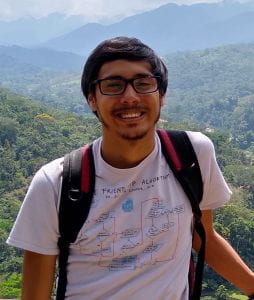
Jorge Quesada
2021
Jorge received his B.S. in Electrical Engineering from the Pontifical Catholic University of Peru, focusing on image processing and optimization courses. He went on to pursue an M.Sc. in Digital Signal and Image Processing at the same institution, where he became interested in the cross-fertilization between the fields of computational neuroscience and machine learning. He’s excited about the study of machine learning methods that may help improve our understanding of the human brain, as well as drawing from current ideas in neuroscience to builld better machine learning techniques. His current work in Dr. Eva Dyer’s lab involves using augmented self-supervised learning methods to extract meaningful representations from brain images, in hopes of shedding light into the structure of different brain areas.
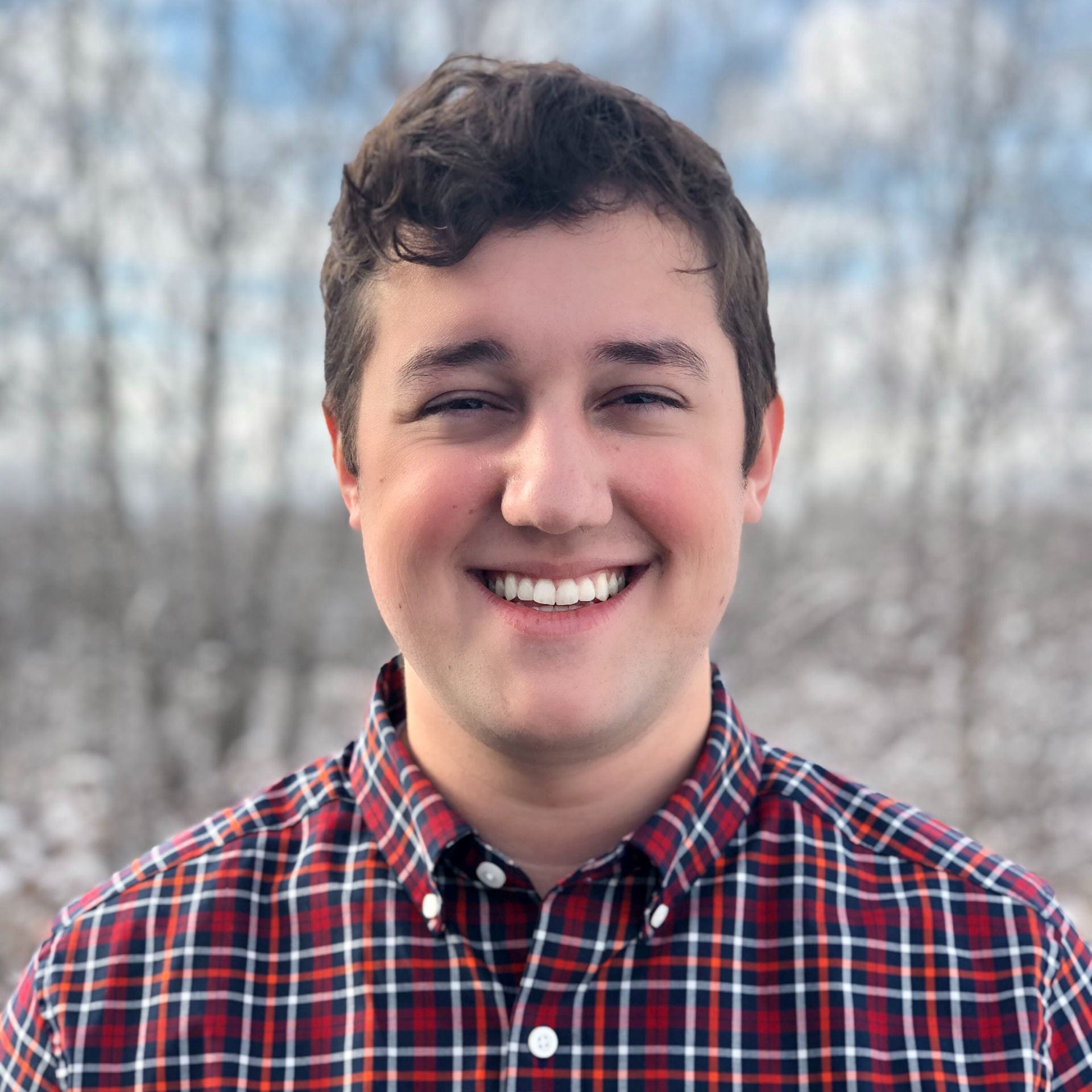
Jonathan McCart
2021
Jonathan graduated from the State University of New York at Geneseo in 2021 with degrees in Physics and Applied Mathematics. During his time as an undergraduate, Jonathan worked on developing and benchmarking computational methods from across the fields of derivative-free optimization, gravitational wave modeling and signal analysis, as well as fMRI and behavioral data analysis. Jonathan is now a Machine Learning PhD student at Georgia Tech working in the Systems Neural Engineering Lab of Dr. Chethan Pandarinath. Jonathan is interested in studying neural coding and working on machine learning methods capable of characterizing the dynamics of neural activity with the goal of improving brain-computer interface systems for motor rehabilitation.
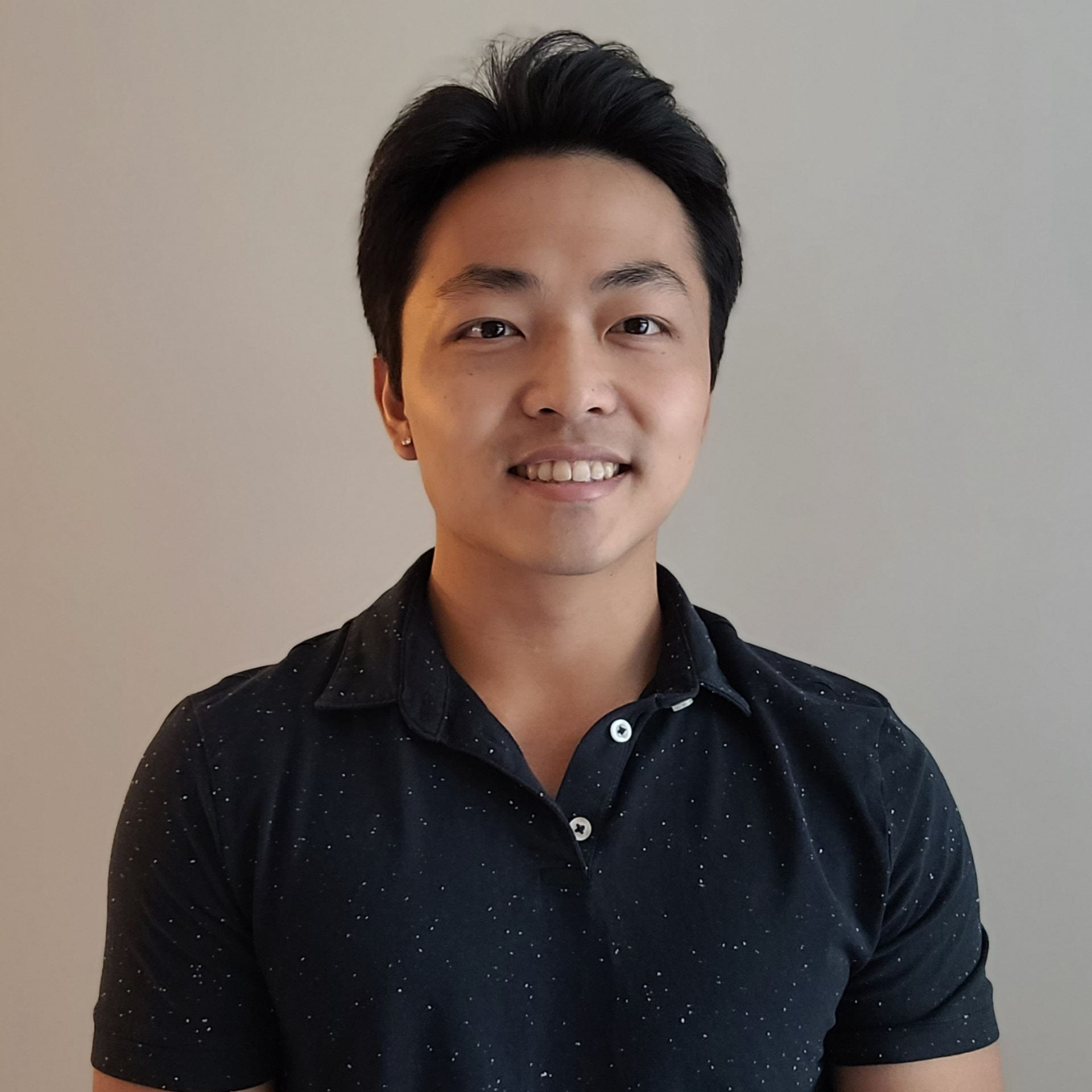
Yenho Chen
2021
Yenho graduated from The University of Texas at Dallas in 2019 with a B.A. in physics and a minor in biology. As an undergraduate, he conducted research with Dr. Albert Montillo at UT Southwestern Medical School developing deep learning models that identify neuroimage biomarkers. After graduating, he worked in the Machine Learning Team at the National Institute of Mental Health, where he built machine learning tools for a variety of neuroscience problems including spike sorting, fMRI denoising, and neural code interpretation. Currently, he is a graduate student in Georgia Tech’s Machine Learning program. As part of Dr. Christopher Rozell’s lab, he hopes to continue developing intelligent algorithms that can be integrated into the biomedical sciences and neurotechnology.
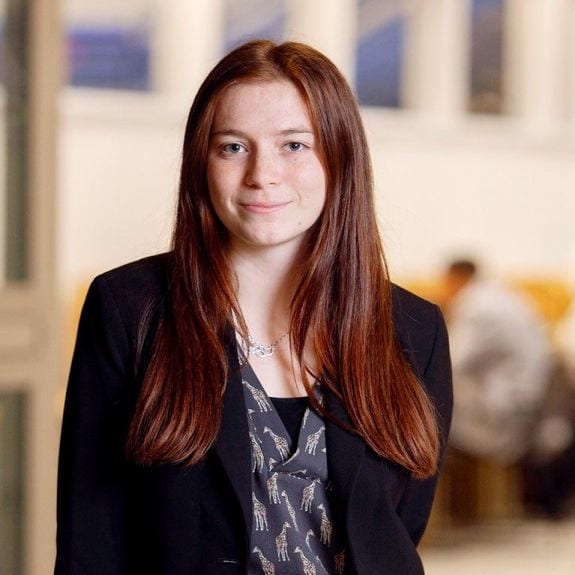
Lauren Daley
2021
Lauren earned a B.S. in Biomedical Engineering from Florida State University, and conducted research at the National High Magnetic Field Laboratory with Dr. Sam Grant, researching functional connectivity patterns in ischemic rats. She is currently a graduate student in Dr. Shella Keilholz’s MIND Lab, investigating low acquisition time pulse sequences in fMRI and other neuroimaging modalities.

Yichao Zhao
2021
Yichao received his dual B.S degree in biology and biomedical engineering from Emory and Georgia Tech. During his undergraduate years at Emory, he conducted cancer genetics research at the Winship Cancer Institute for three years. After completing his curriculum at Emory, he continued to pursue his engineering degree at Georgia Tech. He worked at Dr. David Hu’s lab of Biolocomotion and studied the motion of elephant trunks to develop soft robotic arms. After completing his undergraduate degrees in 2018, he worked in an antibody-based testing kit development team at Raybiotech. As a flow cytometry specialist, he collaborated with several computational biologists in the company, and this experience inspired him to explore the application of computational methods in biomedical research. Currently, he is a BME PhD student in Dr. Ming-fai Fong’s lab. His research interest is to use electrophysiology, computational modeling, and control system engineering tools to understand the development of neuroplasticity in visual circuits.

Yasmine Bassil
2021
Yasmine (she/her) is a Lebanese Neuroscience PhD student at Emory University, conducting graduate research in the Neural Plasticity Research Laboratory with Dr. Michael Borich. In the lab, she is interested in studying age-related changes in the connectivity and plasticity of human spatial navigation networks. Her work leverages neurostimulation and neuroimaging methods, such as TMS, fMRI, and concurrent TMS-fMRI. Previously, Yasmine graduated from the Georgia Institute of Technology in 2020 with a degree in Neuroscience and conducted undergraduate research with Dr. Shella Keilholz at Emory. Outside of research, Yasmine is interested in promoting inclusive science communication, contributing to science advocacy initiatives, and collaborative outreach opportunities with the Atlanta scientific research community.
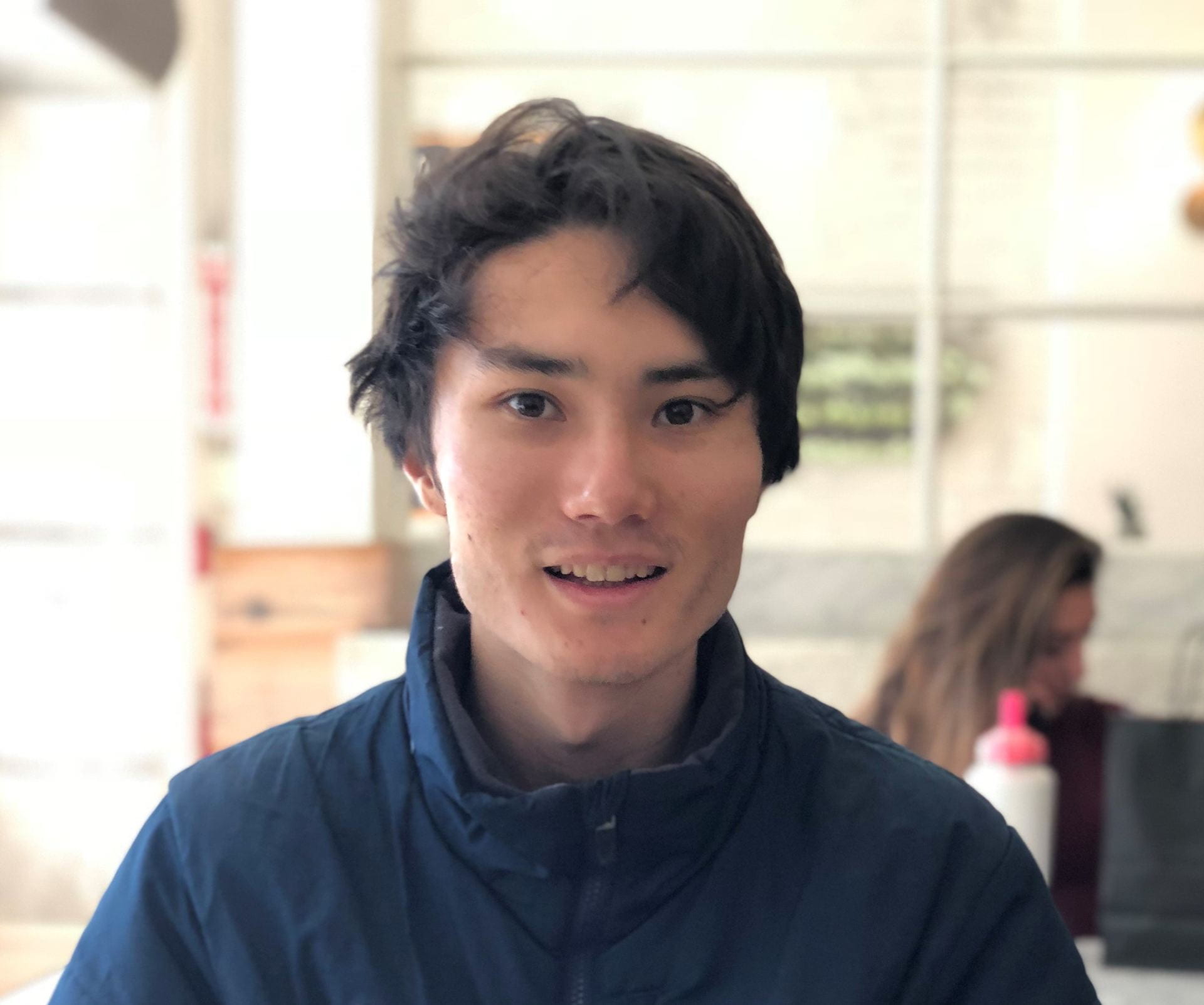
Adriano Borsa
2020
Adriano graduated from Harvard College as a member of the Class of 2020 with a degree in Bioengineering. During college, he collaborated with the Global Health Initiative at Dana-Farber/Boston Children’s to prototype an early sepsis detection vital monitor meant for deployment in hospitals in low-income countries. For his senior project, he built the hardware and software elements of a wearable drowsiness monitor that used infrared radiation to detect eye blink features as a proxy for alertness. Currently, he is broadly interested in detecting and using brain signals to make real-time clinical decisions
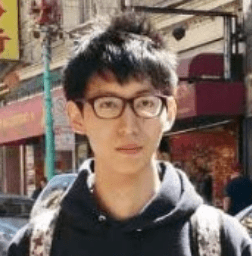
Keren Zhang
2020
Keren Zhang is a PhD student in Dr. Hang Lu’s lab in ChBE department. His research focuses on quantitatively characterizing the connectome of C. elegans, a nematode and model organism. He is currently working on developing microfluidics-based fluorescent microscopy imaging technique and computational pipeline to process large-scale connectome data.
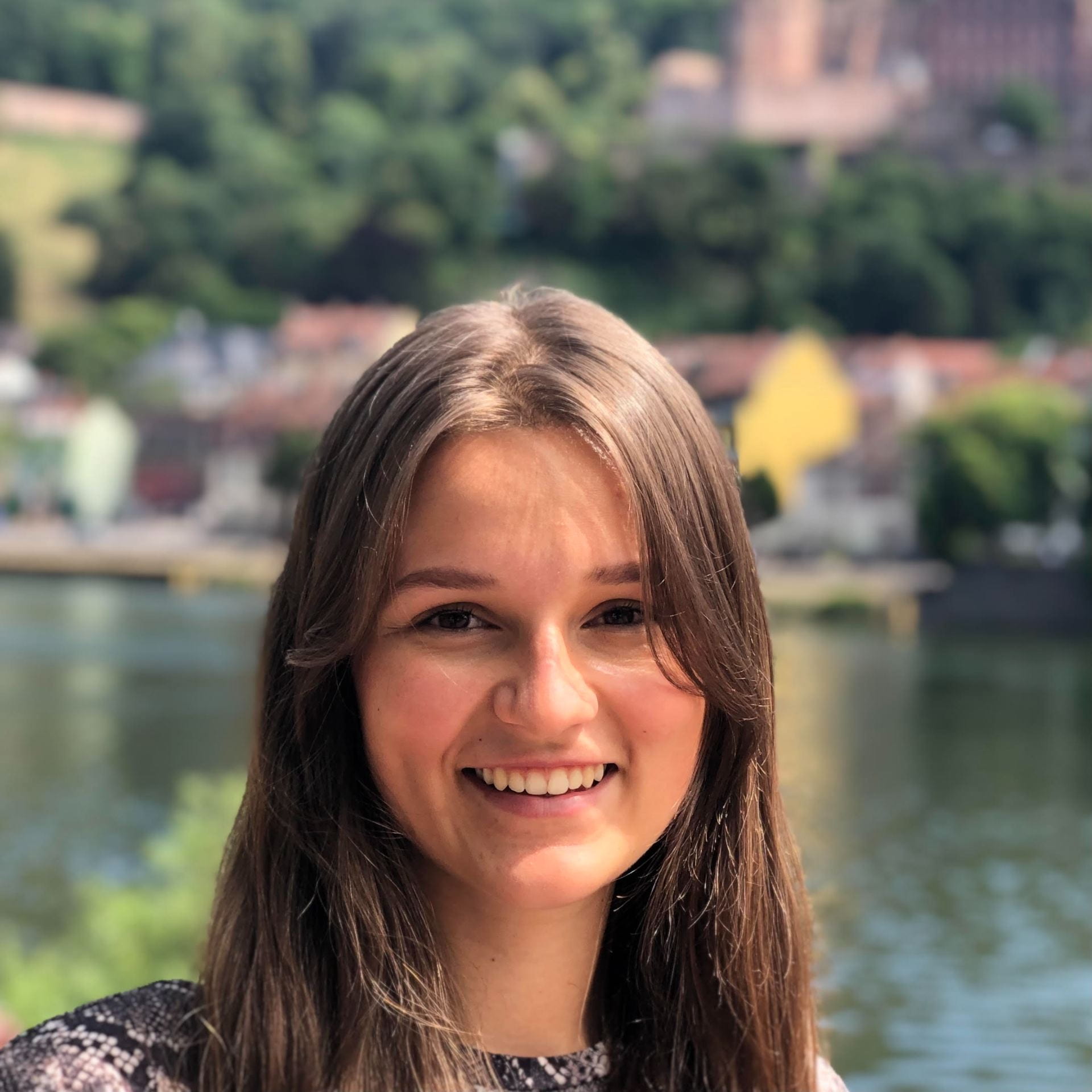
Lisa Meyer-Baese
2020
Lisa graduated from the Georgia Institute of Technology in 2020 with a degree in Biomedical Engineering. As an undergrad, she worked under the direction of Dr. Bilal Haider characterizing excitatory and inhibitory responses in the mouse visual cortex. Now she is working jointly as a graduate student in the labs of Shella Keilholz and Dieter Jager at Emory University. Her work revolves around uncovering the dynamics of multimodal and multiscale brain activity. The main goal is to use fMRI and optical imaging to uncover trends in functional connectivity in Alzheimer’s disease.
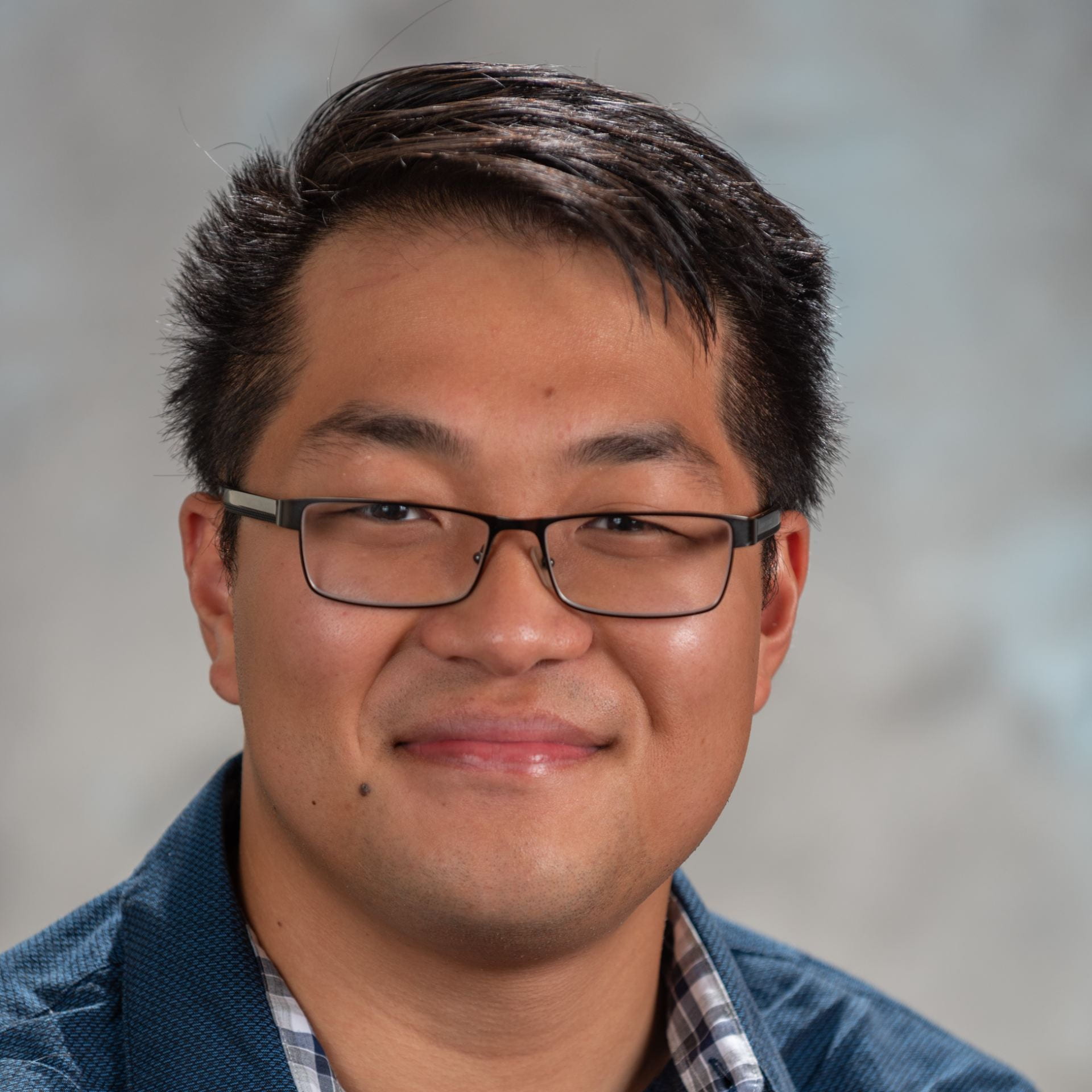
Sihoon Moon
2020
Sihoon is a Chemical and Biomolecular Engineering Ph.D. student in Dr. Hang Lu’s lab. He is studying changes in functional connectivity associated with learning in the model organism, C. elegans. His work leverages microfluidic experimental setups and scalable data processing methods to generate novel, large-scale, and high content datasets. He graduated from the University of Minnesota in 2019, earning degrees in Chemical Engineering and Chemistry.
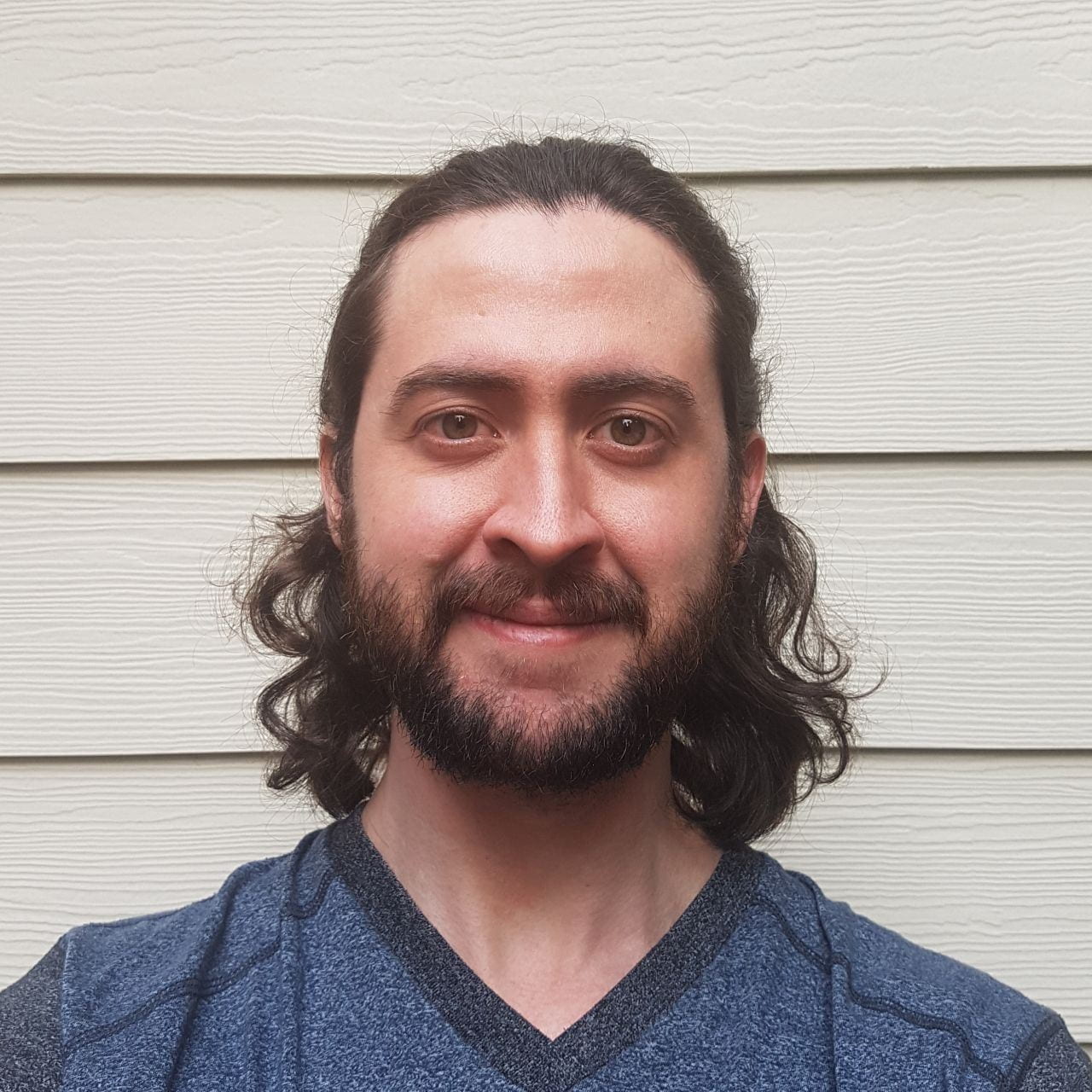
Mattia Rigotti
2020
Mattia graduated as an Electrical Engineer in 2018 from Pontificia Universidad Católica de Chile, with a BS in Electrical Engineering in 2016 and a MSc in Engineering in 2018. During his Master’s thesis and the years that followed, he worked in several projects in Chile developing control strategies and hardware for robotics. Additionally, he worked on implementing control algorithms for commercial FES devices for gait rehabilitation. Mattia joined Chethan Pandarinath’s lab as a Biomedical Engineering PhD student, and is interested in studying the systems relating neural activity and muscle activation during motor control, to uncover insights useful for developing brain machine interfaces to control FES and robotic devices for rehabilitation.
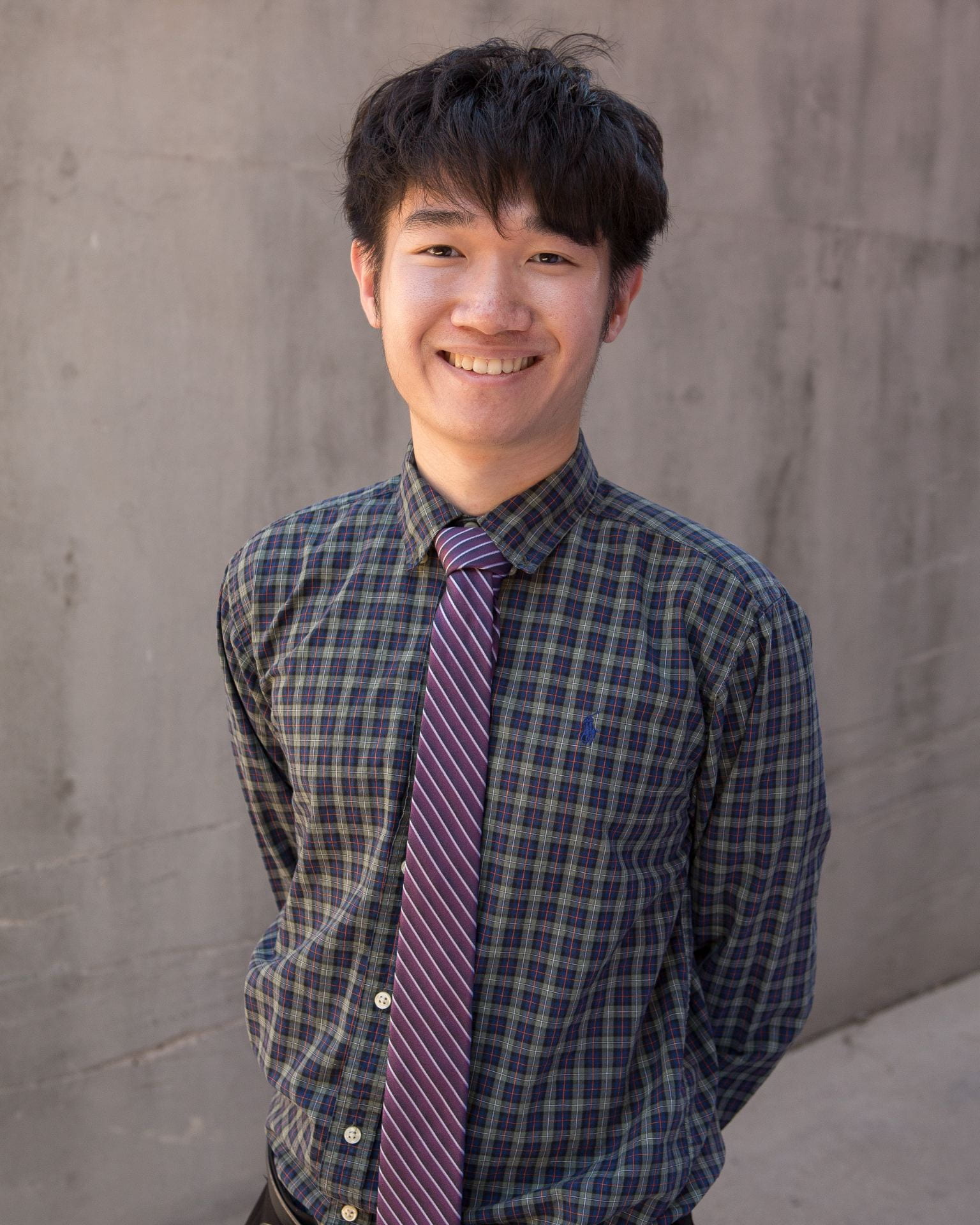
James Zhuang
2020
James graduate from University of Arizona in 2020 with a B.S in Biomedical Engineering. During his undergrad he worked in Dr. Philipp Gutruf’s lab where he helped developed wireless, battery-free, and subdermally implantable optogenetic tool with dopamine sensing capabilities. James is now a BME PhD student in Dr. Bilal Haider’s lab where he joined a project investigating optogenetic perturbations in PV and SST neurons in mice in relation to spatial attention.
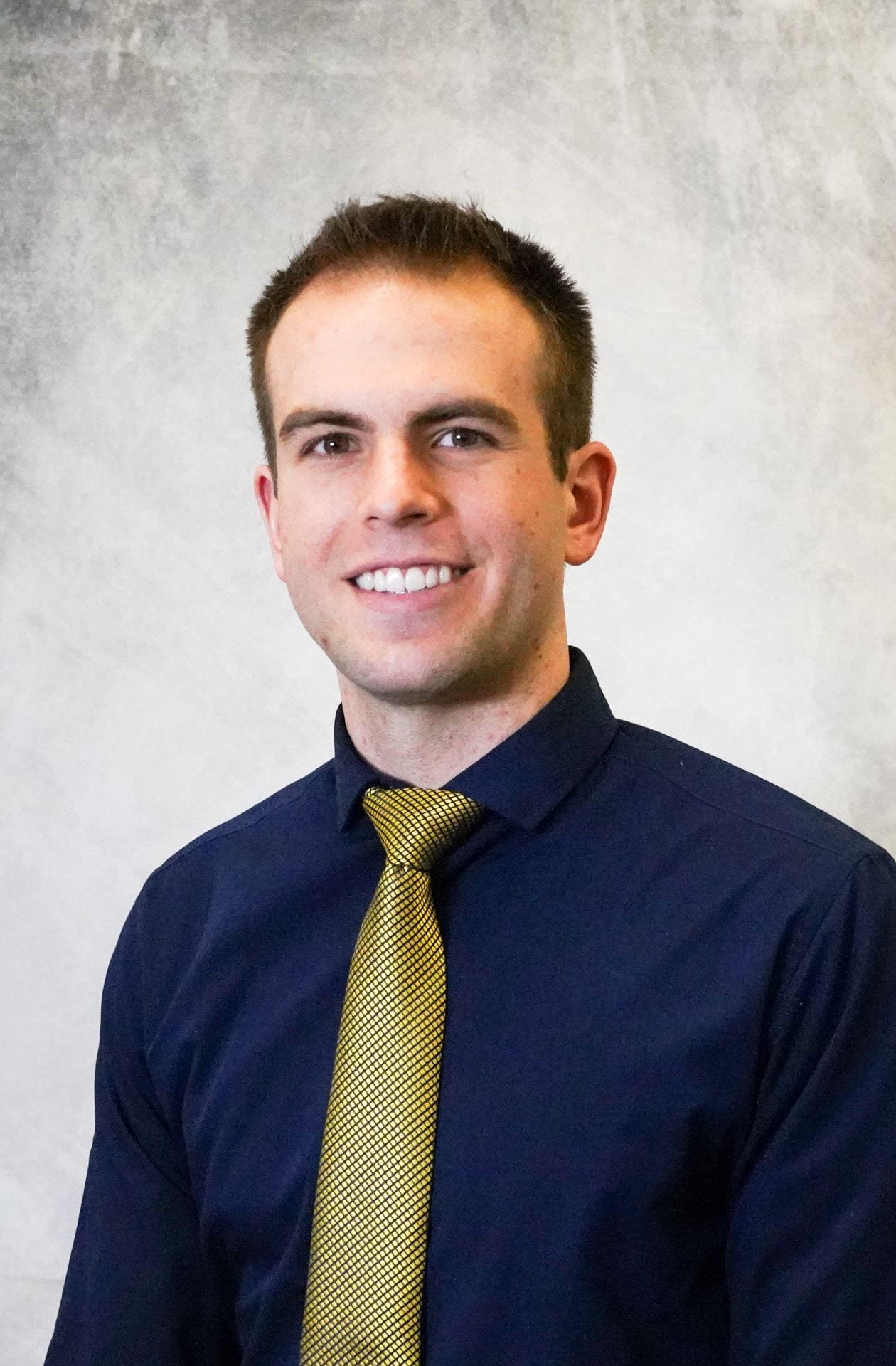
Kyle Johnsen
2019
Kyle graduated from Brigham Young University in 2019 with a B.S. in bioinformatics, where he developed mutation mapping software under the direction of Dr. Jonathon Hill. As a biomedical engineering PhD student in Christopher Rozell’s lab, he is currently researching closed-loop, optogenetic control for studying and interfacing with the brain. He is broadly interested in the decoding and control algorithms behind neural interfaces—especially in the potential of spiking neural networks and neuromorphic computing to advance the field.
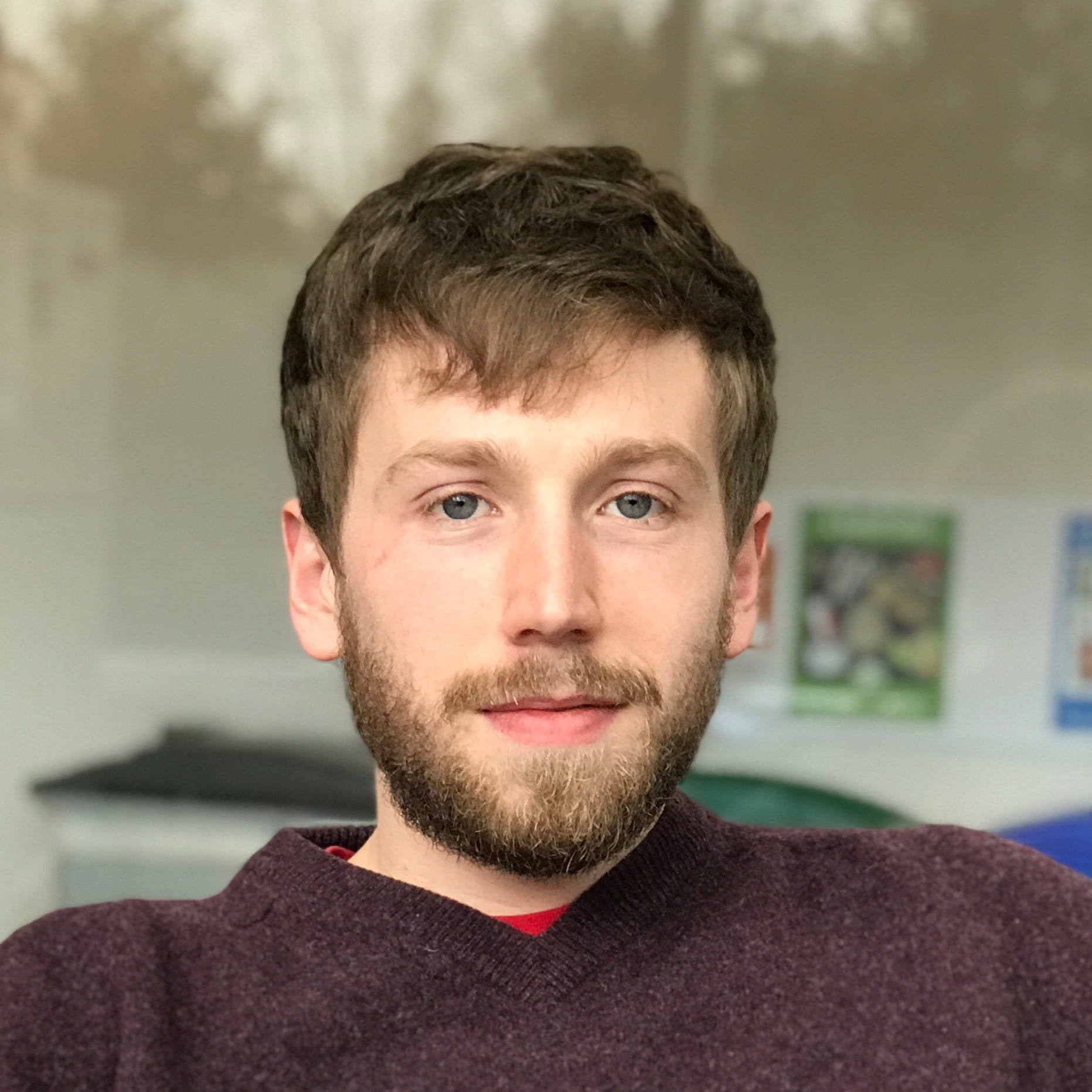
Sean O’Connell
2019
Sean O’Connell is working jointly as a graduate student in the labs of Chethan Pandarinath and Sam Sober. The main goal of his project is to uncover new insights into the neural mechanisms of skilled, dynamic motor control. Currently, he is developing a pipeline for collecting forelimb EMG recordings from rats during a skilled forelimb movement. He has also developed a new method for analyzing different muscle activation patterns during tasks with different rates of force development. Using this method, his goal is to identify any flexibility in population-level patterns of motor unit recruitment across these force conditions, which could shed some light on a long-standing dispute about flexible versus static recruitment patterns.
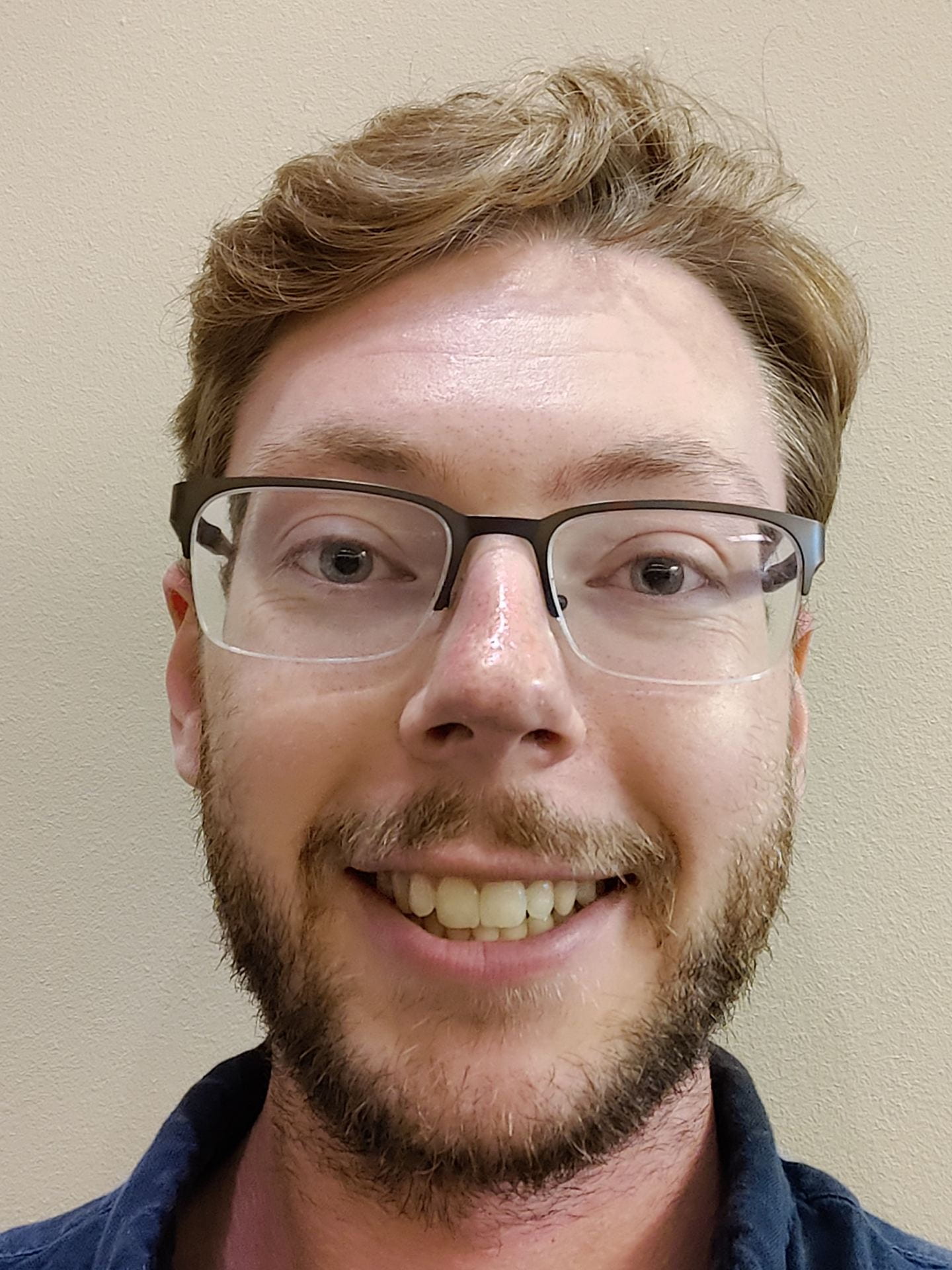
Matthew Williams
2019
Matthew Williams graduated from Rochester Institute of Technology in 2019 with degrees in Mechanical Engineering and Biomedical Engineering. He previously worked in a research lab specializing in microfluidics and advanced cell culture techniques. Matthew Williams is now a member of the Sober Lab at Emory University and is developing implantable 3D microelectrode arrays for EMG recording.